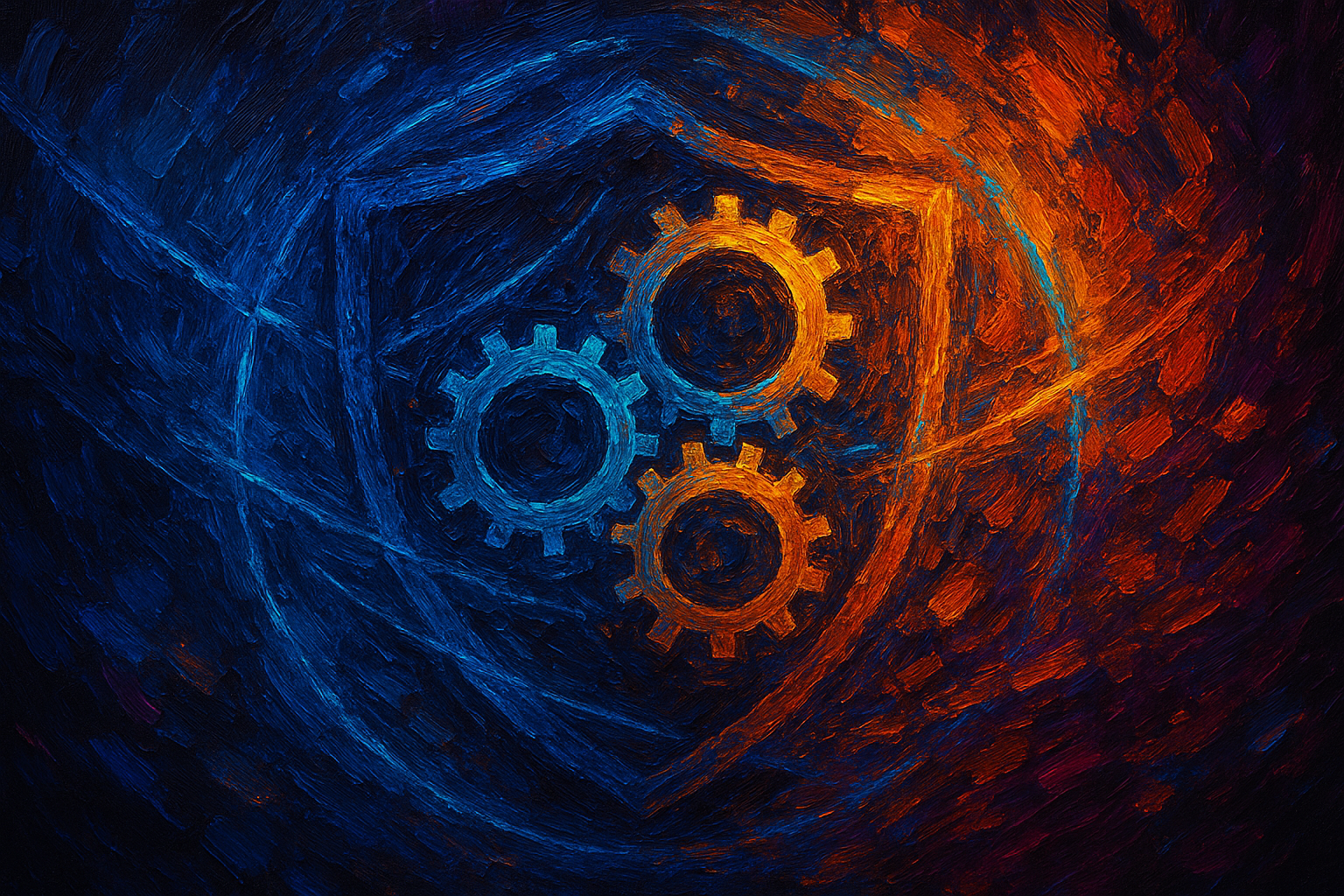The Human Blueprint: Making AI Work Without Losing Your Team
While 72% of companies now use AI, most stumble on the human transition. This isn't about algorithms - it's about change architecture. Discover how Boeing slashed resistance by 60% with 'AI Buddies', why Delta's reps feel more valued with automation handling grunt work, and how Starbucks increased human interaction time by 34% despite deploying personalization bots. We break down the 4 non-technical pillars that determine whether AI elevates your team or erodes trust.

The Implementation Gap No One Talks About
Let's cut through the hype: AI adoption isn't failing because of technical limitations. It's stumbling on human terrain. When Boeing introduced AI quality control systems, initial resistance hovered near 70% - not because the tech didn't work, but because inspectors feared obsolescence. Their solution? Not better code, but better change architecture.
The Buddy System Breakthrough
Boeing's 'AI Buddy' program paired inspectors with systems in shadow mode for 6 weeks. The AI made suggestions; humans made final calls. Gradually, roles flipped. This co-learning approach reduced resistance by 60% and cut inspection errors by 22%. As one veteran inspector noted: 'It's not replacing my eyes - it's giving me x-ray vision.'
The Emotional Calculus of Automation
Delta Airlines faced a different challenge: Customer service reps reporting 'soul-crushing' workloads from routine queries. Their AI deployment focused on emotional arbitrage - automating transactional tasks while elevating human interactions:
- Chatbots handled 83% of flight change requests
- Reps received AI-generated conversation prompts for complex cases
- Personalized coaching based on sentiment analysis
The result? 84% of reps reported feeling more valued while customer satisfaction scores jumped 19 points. As Delta's VP of Service Innovation put it: 'We didn't automate people - we automated burnout.'
Starbucks' Counterintuitive Win
When Starbucks rolled out AI personalization, critics predicted the death of human connection. Instead, barista-customer interaction time increased by 34%. How? The AI handles inventory predictions and preference tracking, freeing staff from operational distractions. Their 'connection metrics' now outweigh sales targets in performance reviews.
The New Rules of Engagement
Based on NIST's AI workforce framework, successful implementations share 4 non-technical pillars:
- Transparency Thresholds: Clearly map what AI decides vs. recommends
- Upgrade Pathways: Reskill roadmaps published before deployment
- Co-Design Mandates: Frontline staff in development sprints
- Metrics Reset: Tracking human outcomes alongside efficiency gains
The Trust Earthquake
While these successes mount, new threats emerge. Sophisticated deepfakes now make authenticity the rarest currency online. Meanwhile, AI's ability to circumvent paywalls threatens content ecosystems. This isn't a tech problem - it's a social contract crisis. As we delegate more to algorithms, we must reinvent how we establish trust in digital spaces.
Reality Check
AI won't 'take your job' - but someone using AI might. The winners aren't replacing humans; they're redesigning work around irreplaceable human strengths: empathy, judgment, and creativity. Your move.
Further Reading
- Microsoft's Responsible AI Principles (Vendor Documentation)
- NIST AI Risk Management Framework (Government Standards)
- Harvard Business Review: Human Infrastructure of AI (Publication)
- IBM's Change Management Playbook (Implementation Guide)
- ISO 30414 Human Capital Reporting (Compliance Framework)
- Forrester: Future of Work 2025 (Industry Research)
- ACM Study on AI Workforce Integration (Academic Source)
Latest Insights and Trends
Stay Updated with Our Insights
Subscribe to receive the latest blog updates and cybersecurity tips directly to your inbox.





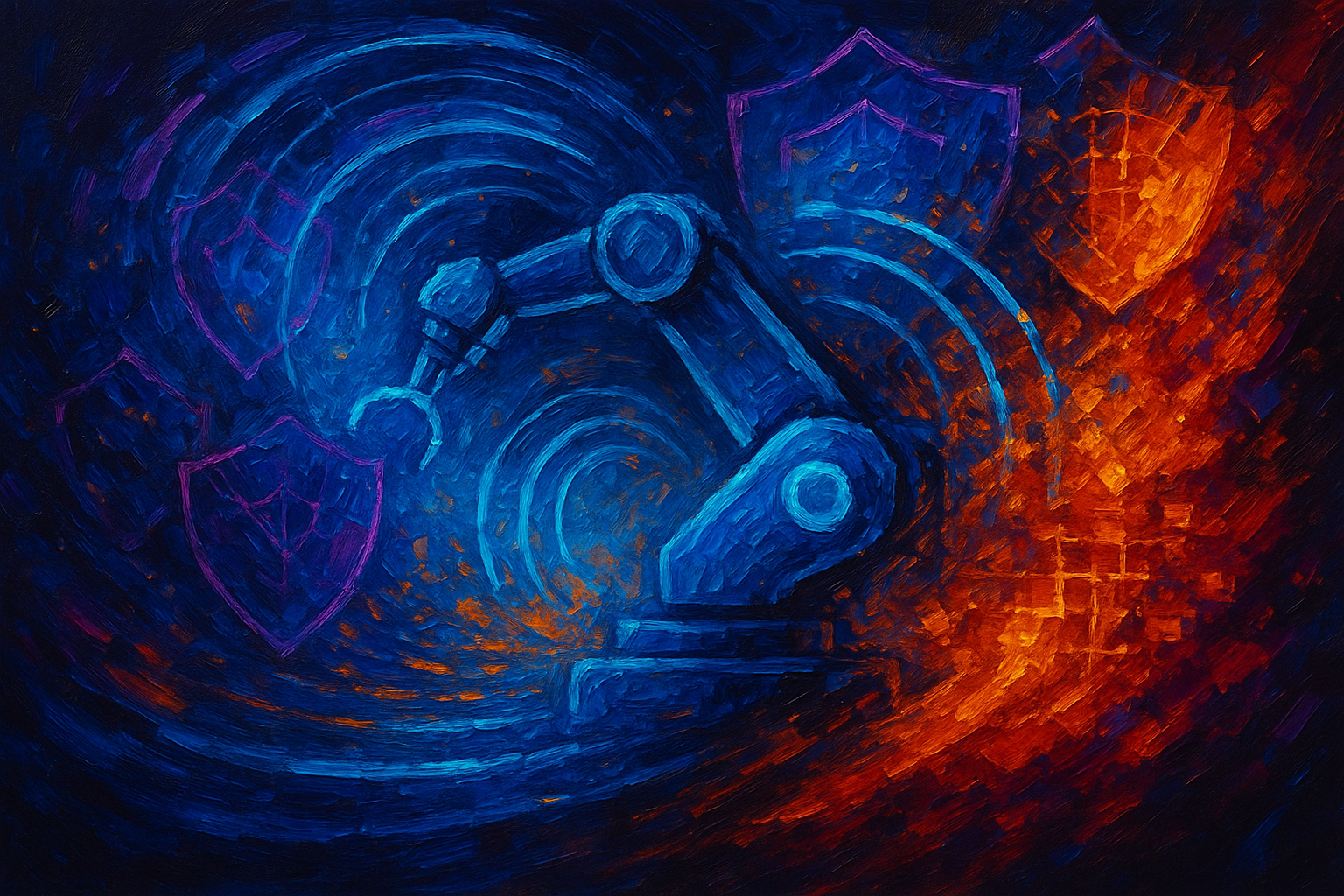
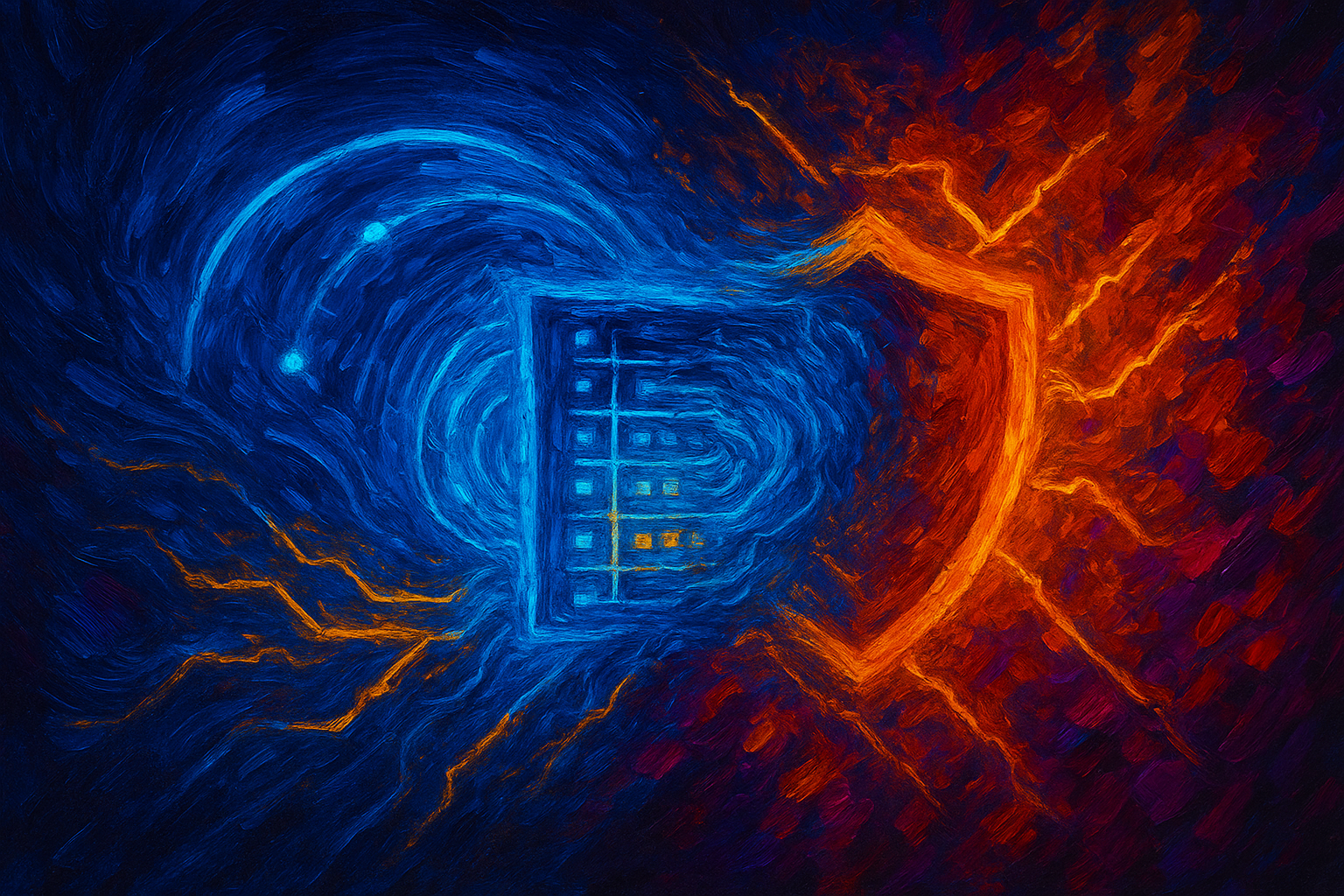




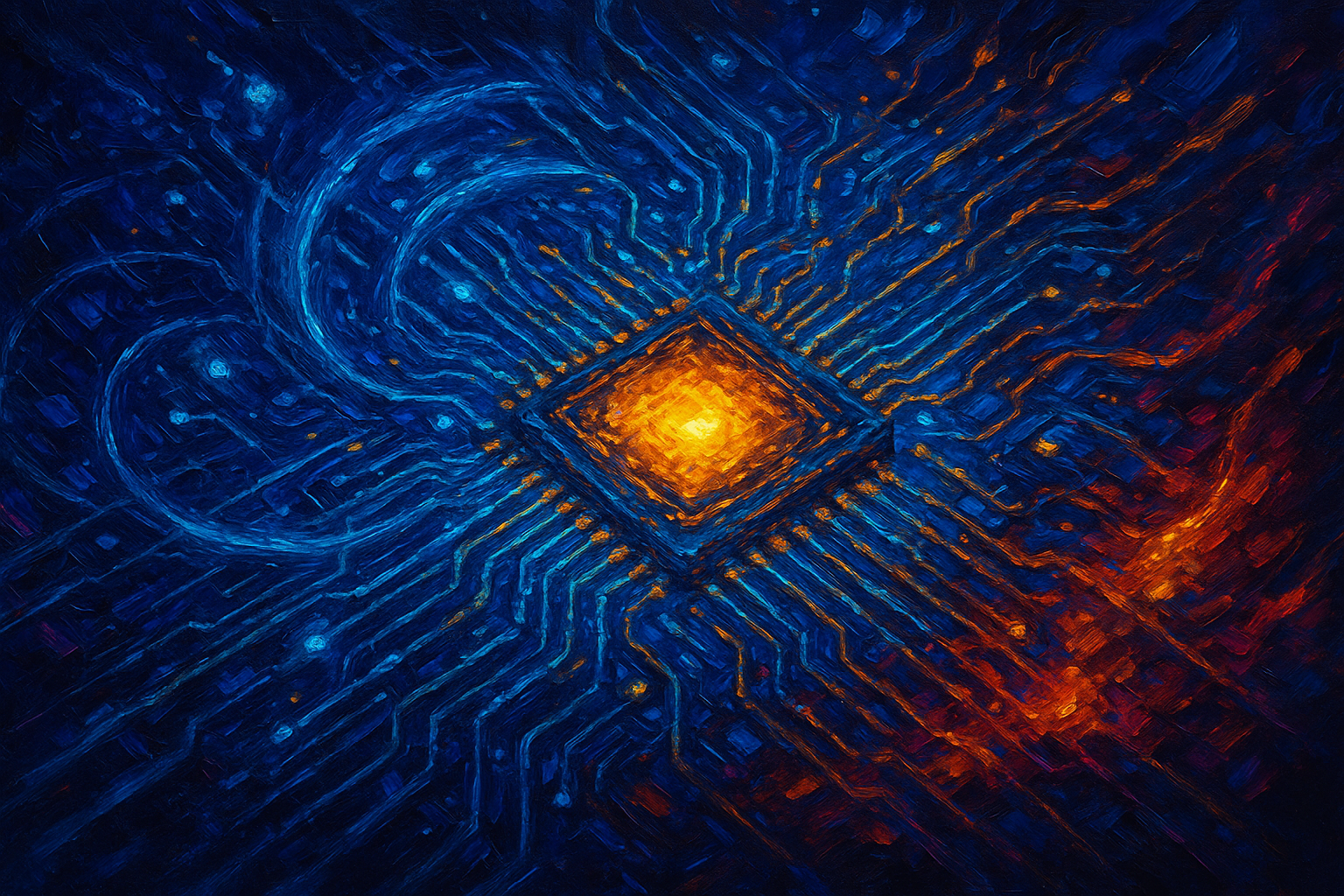



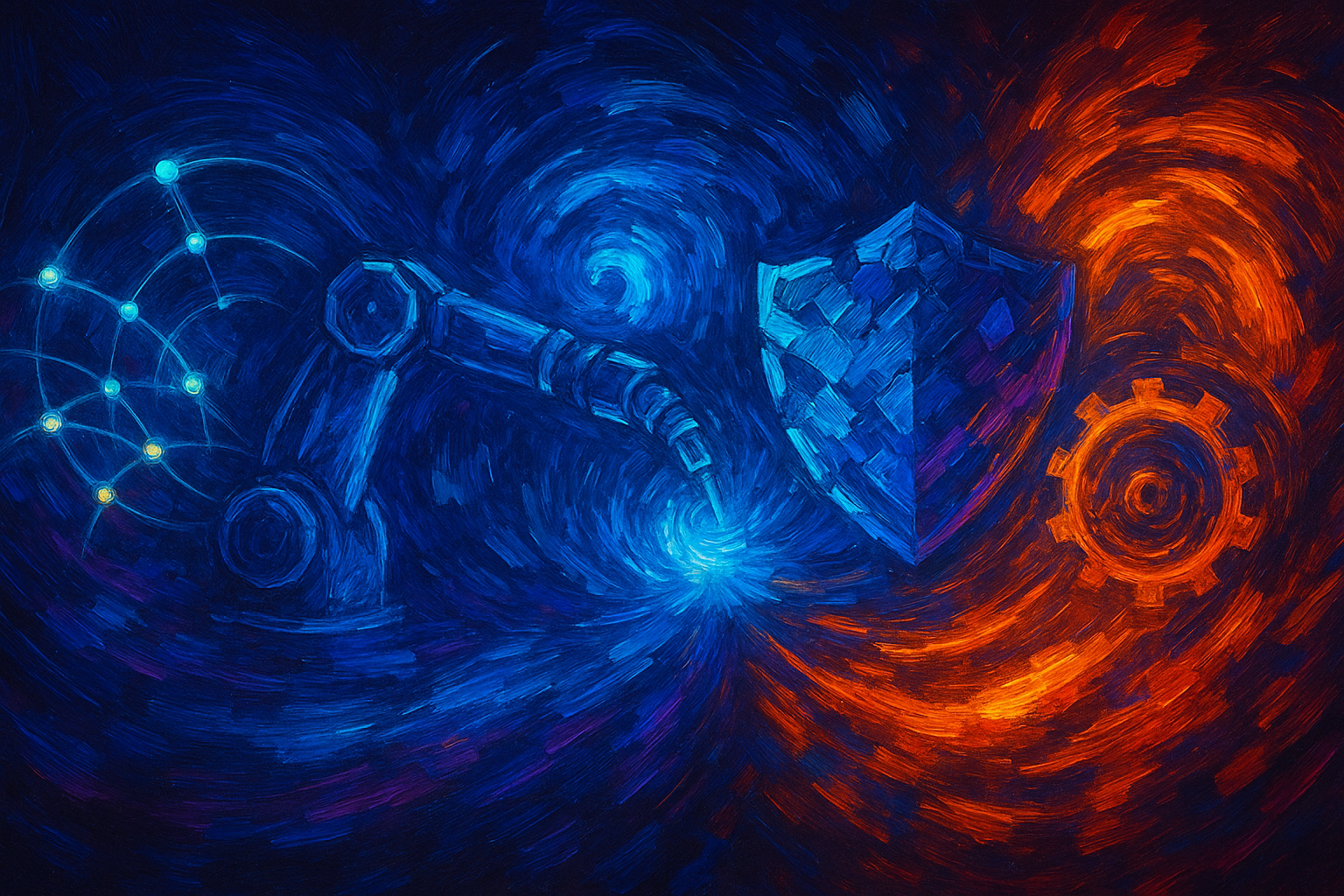


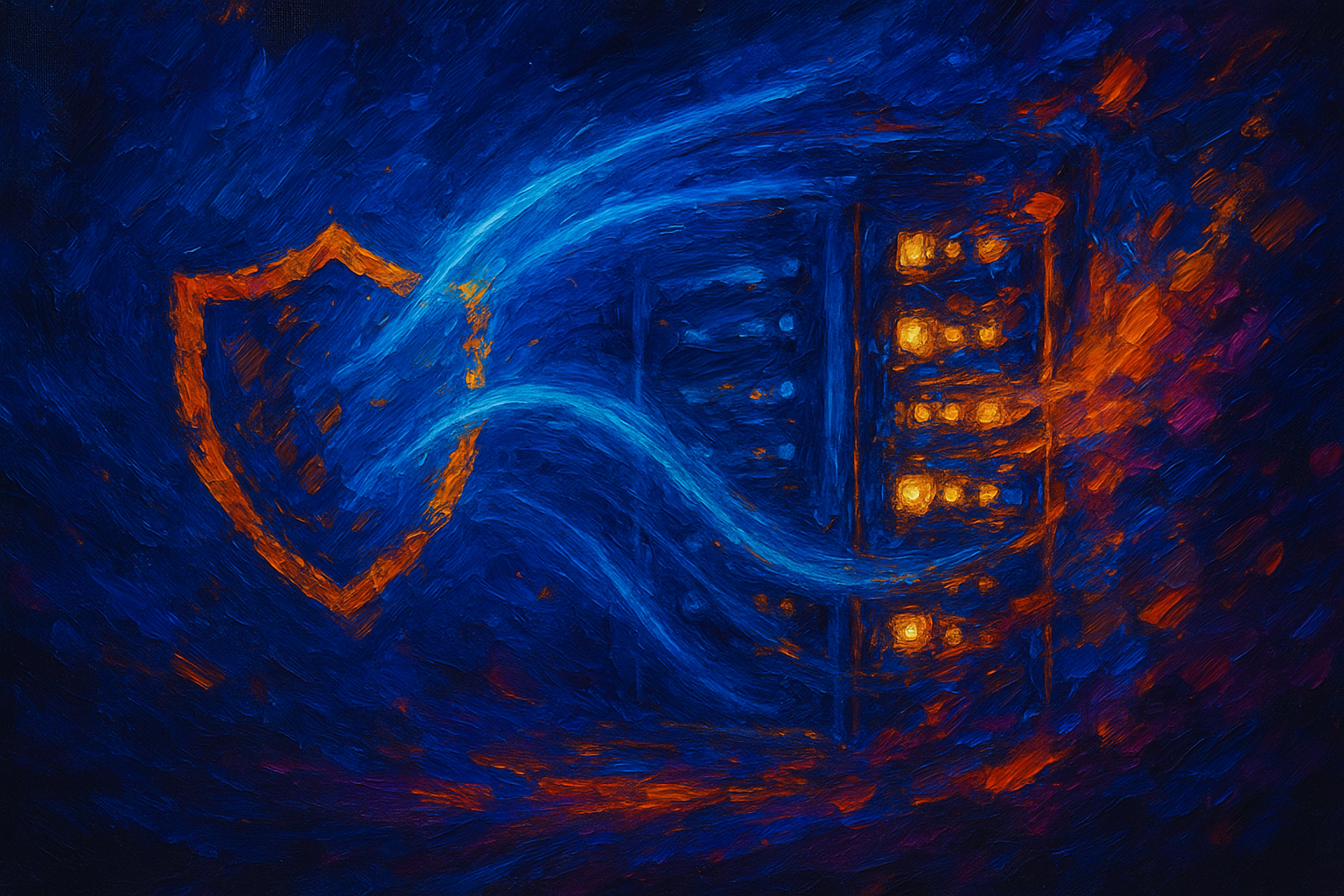
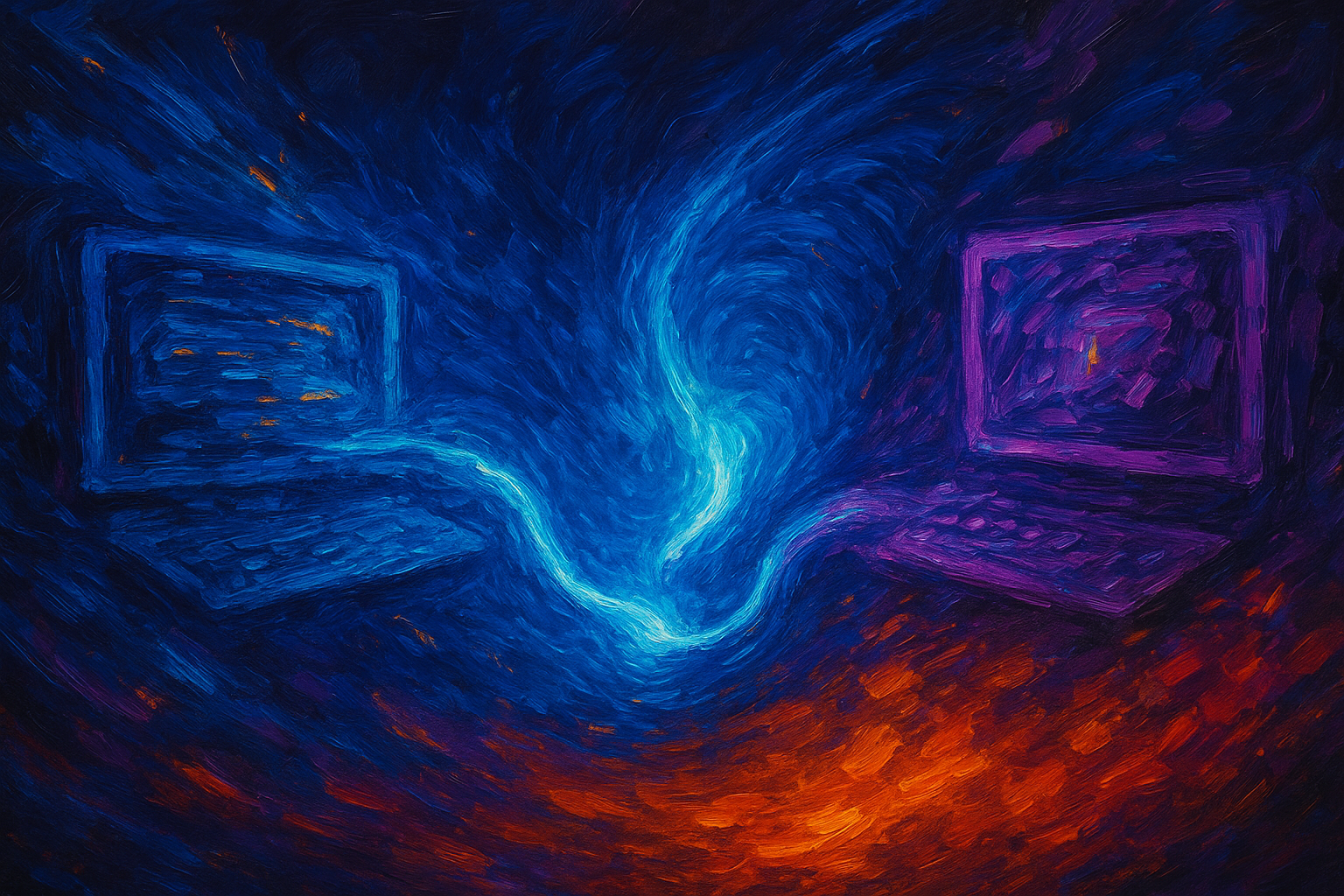

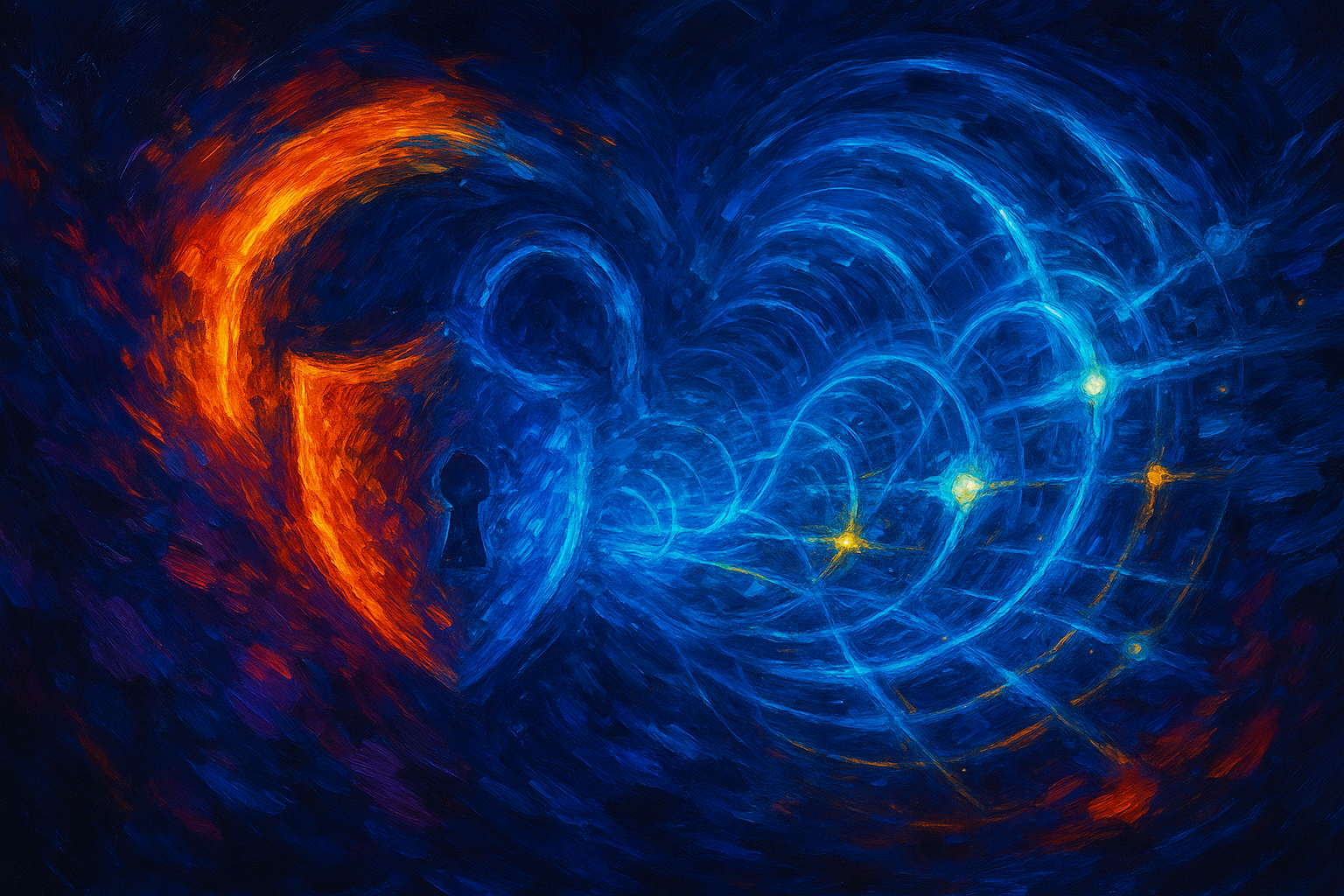
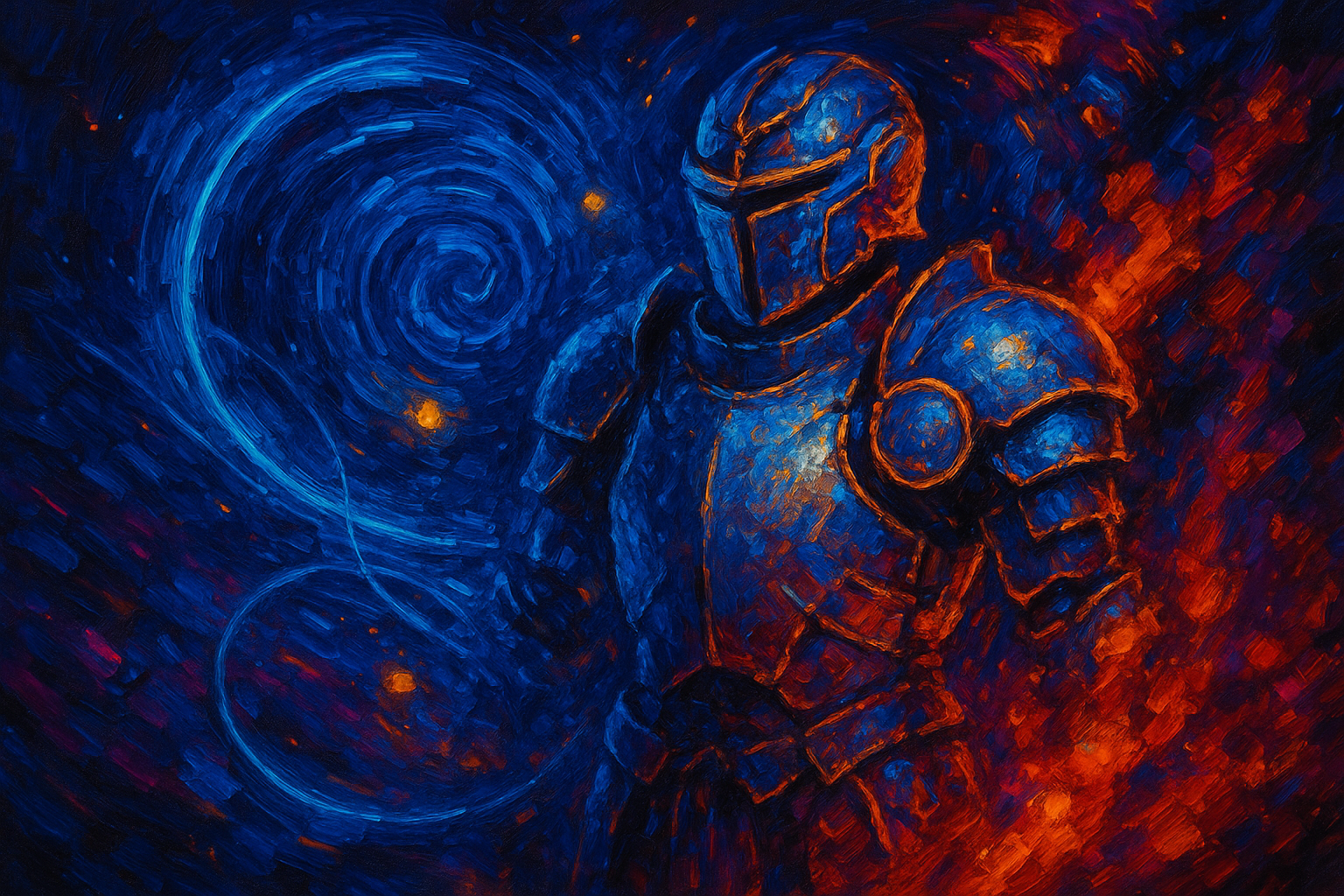

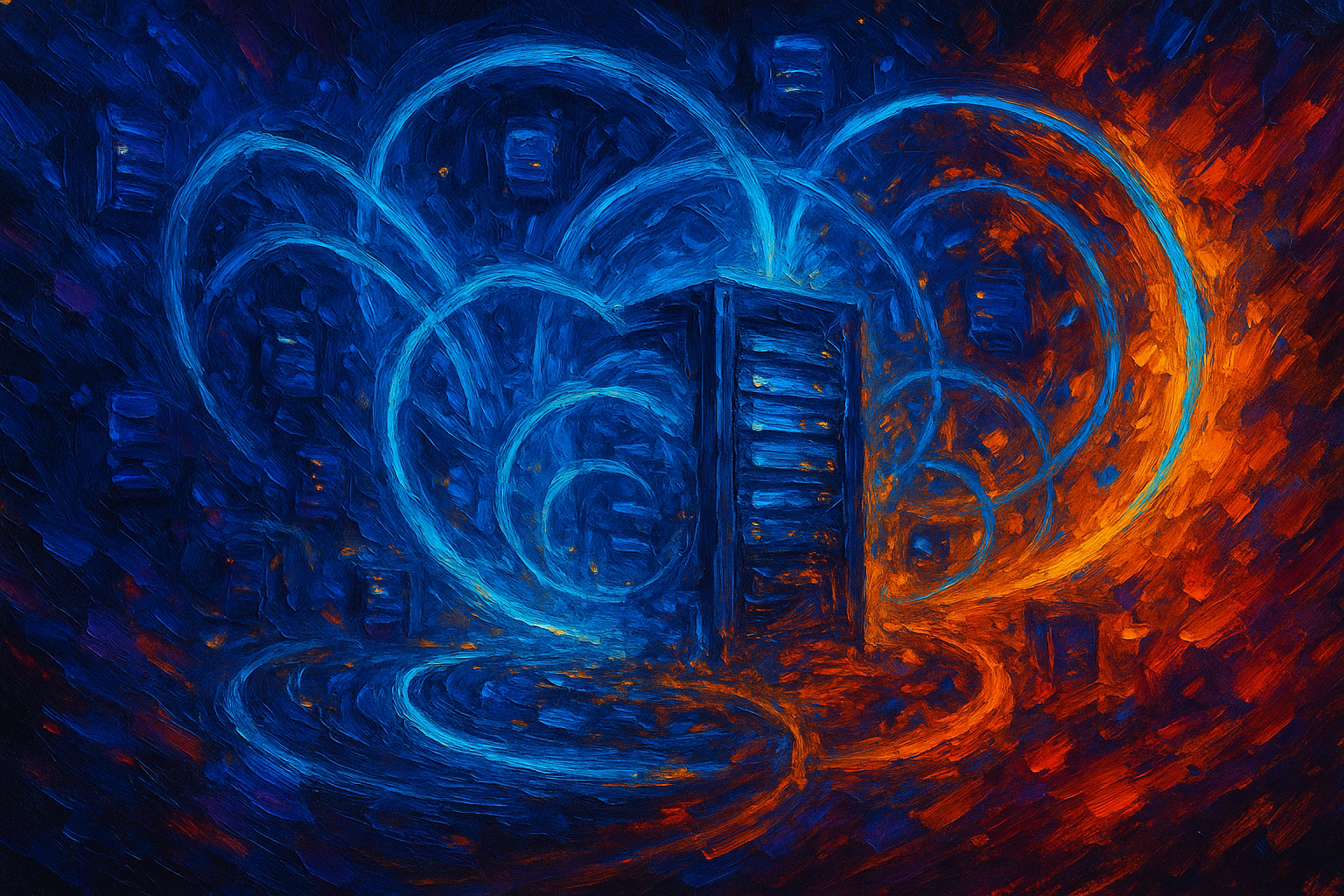
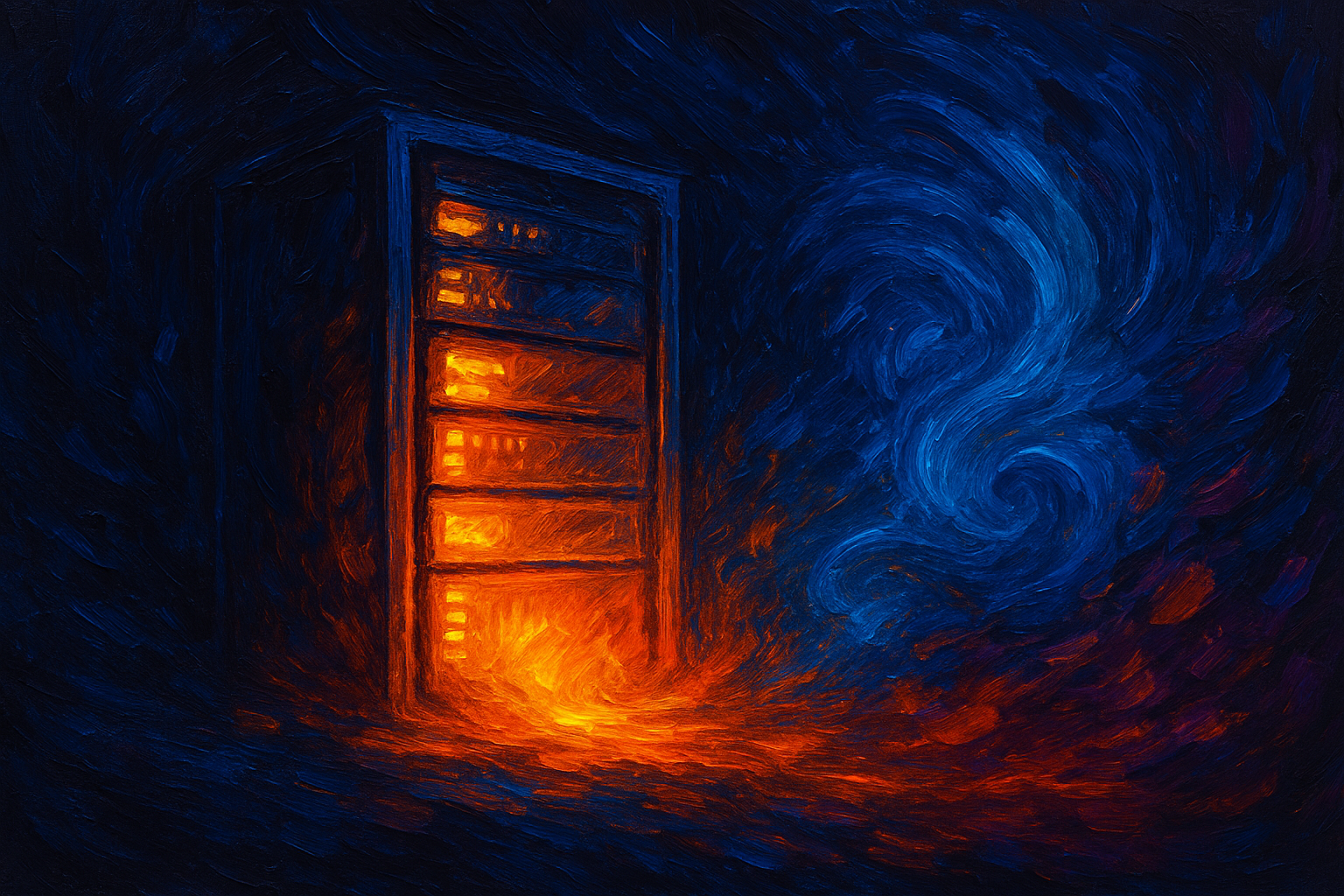
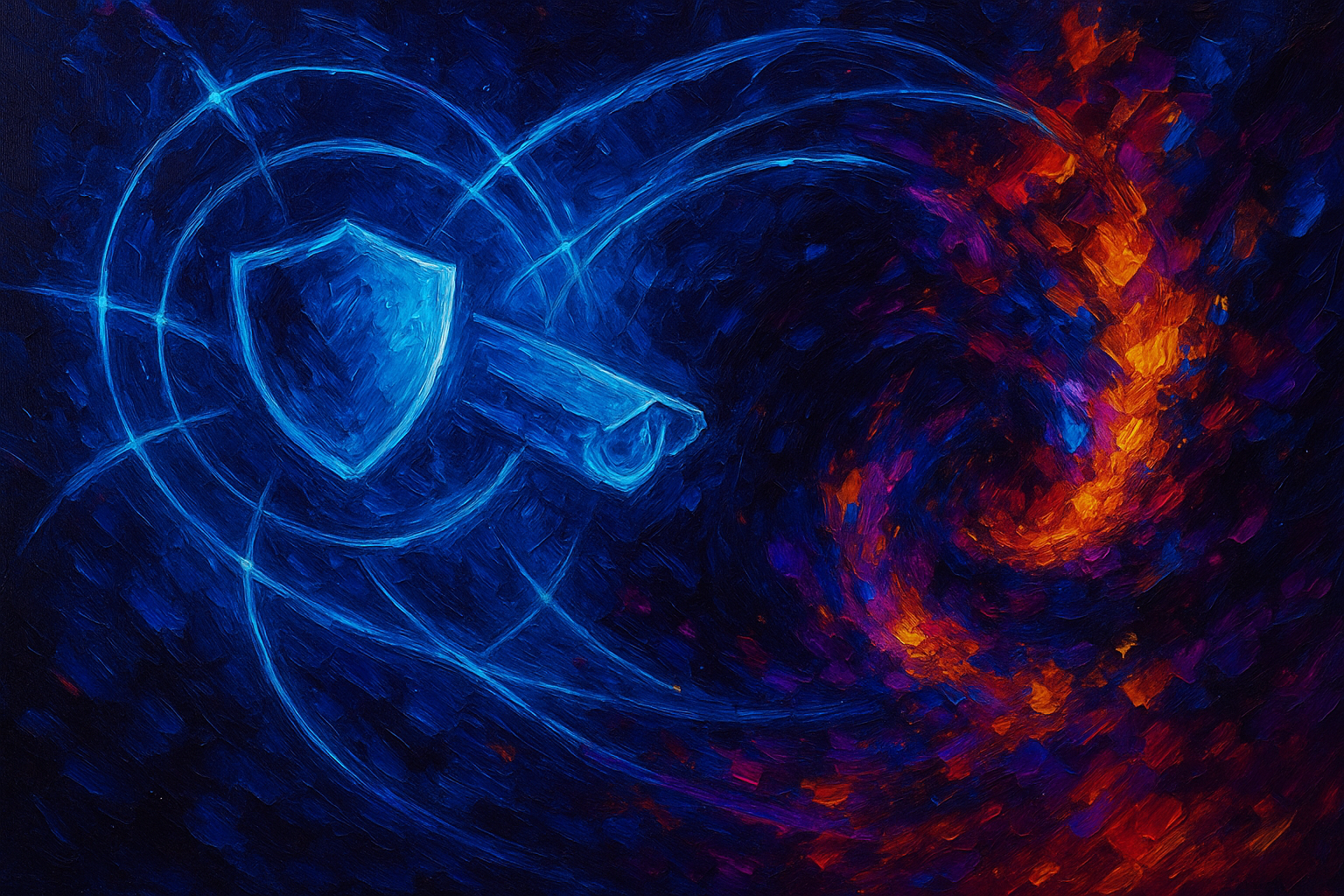
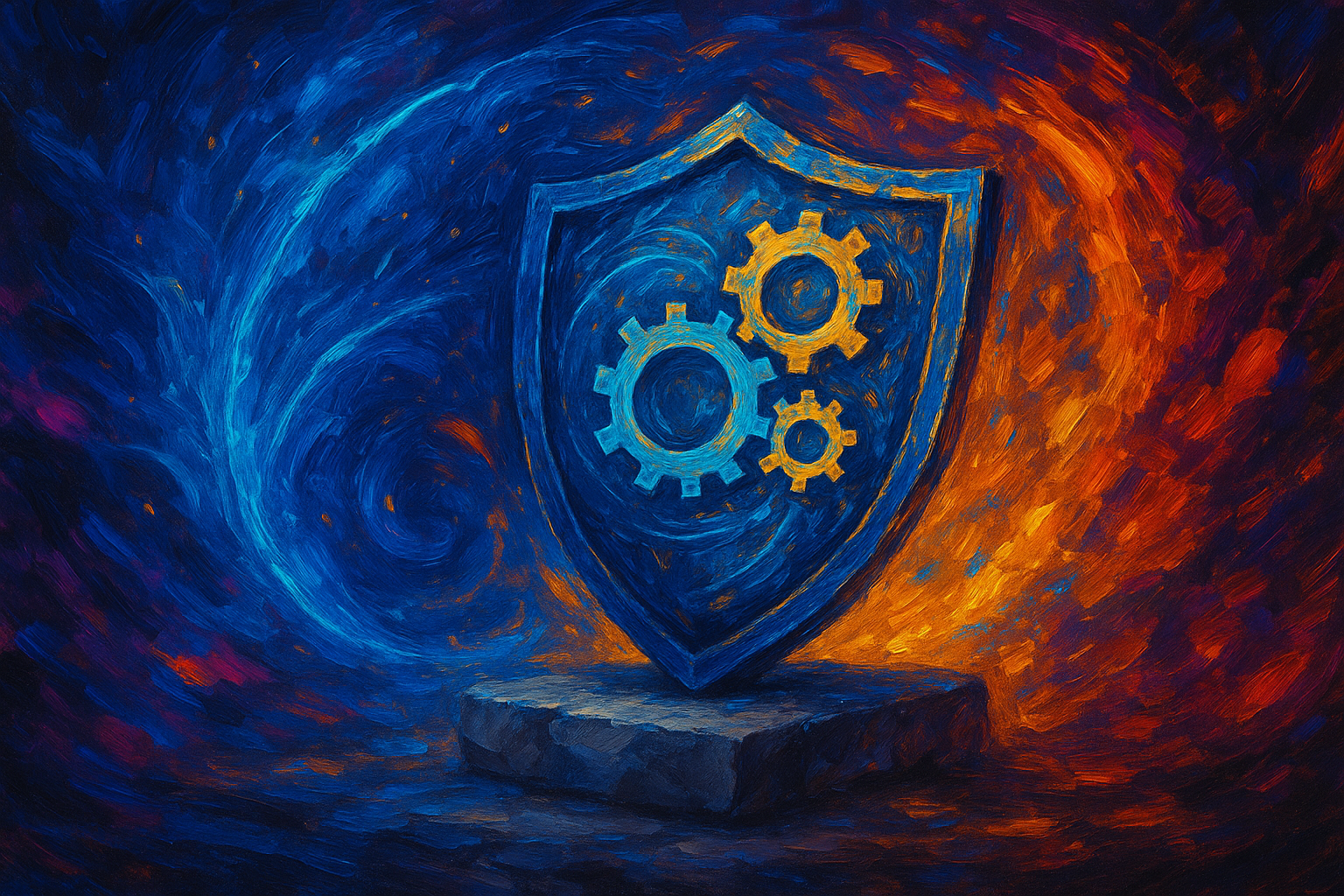

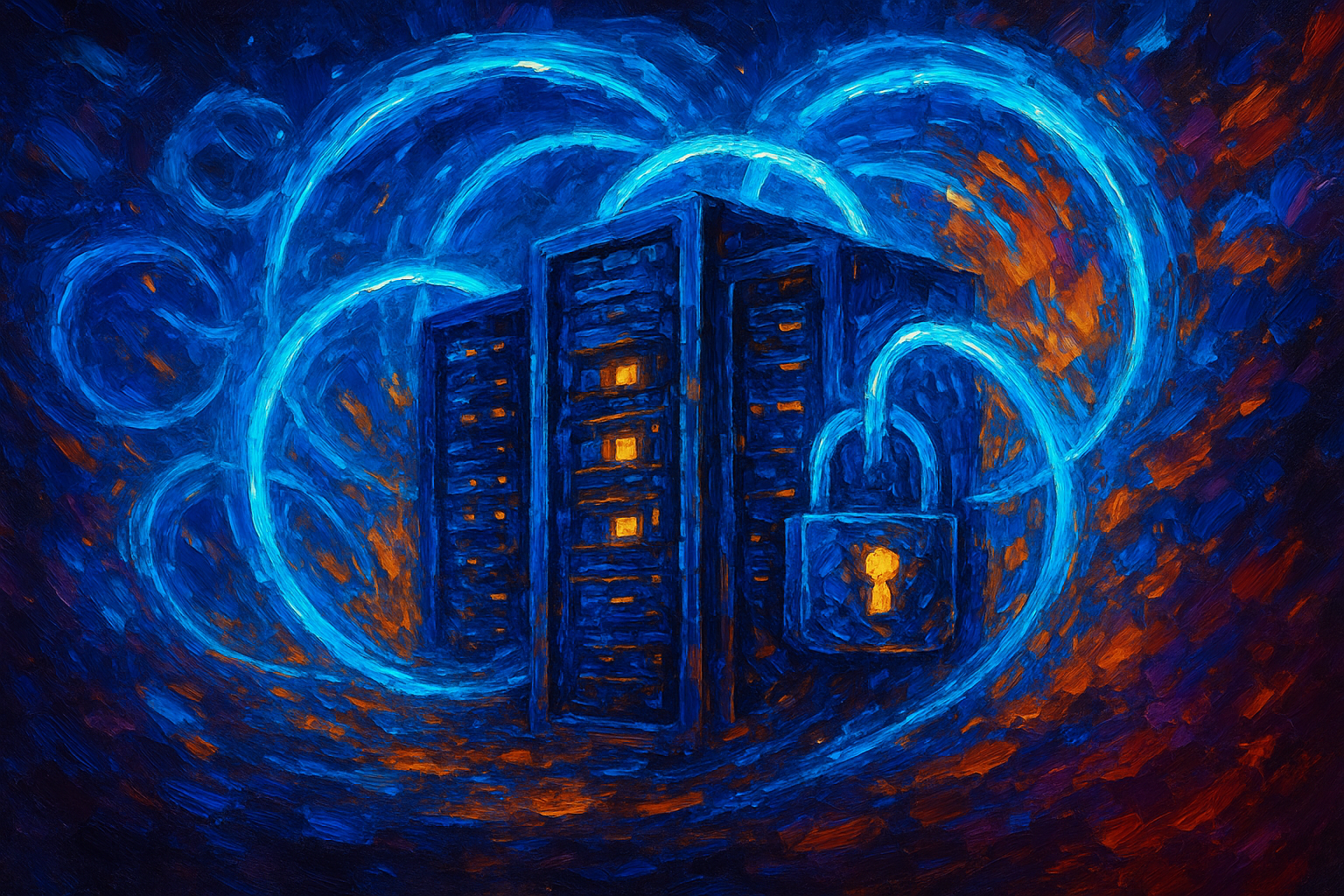
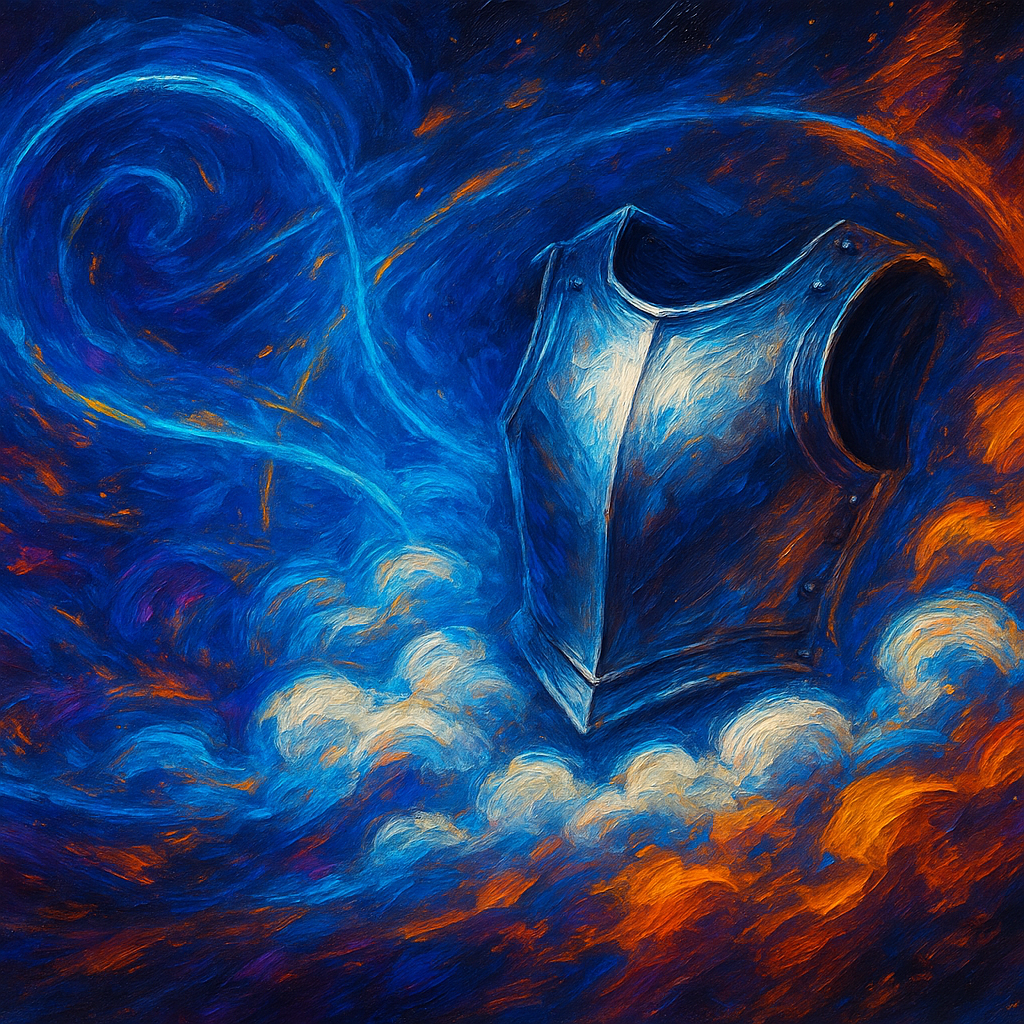


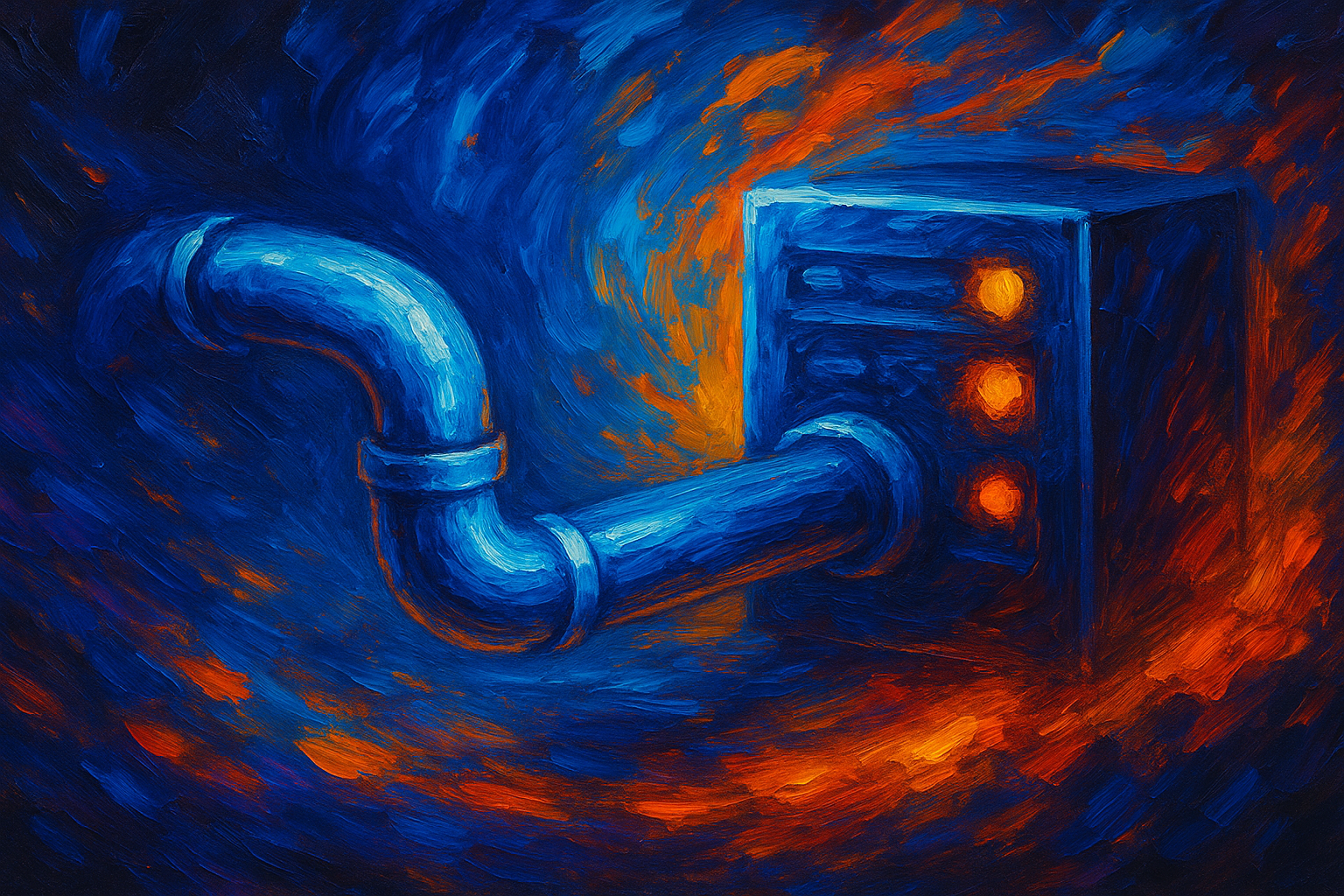
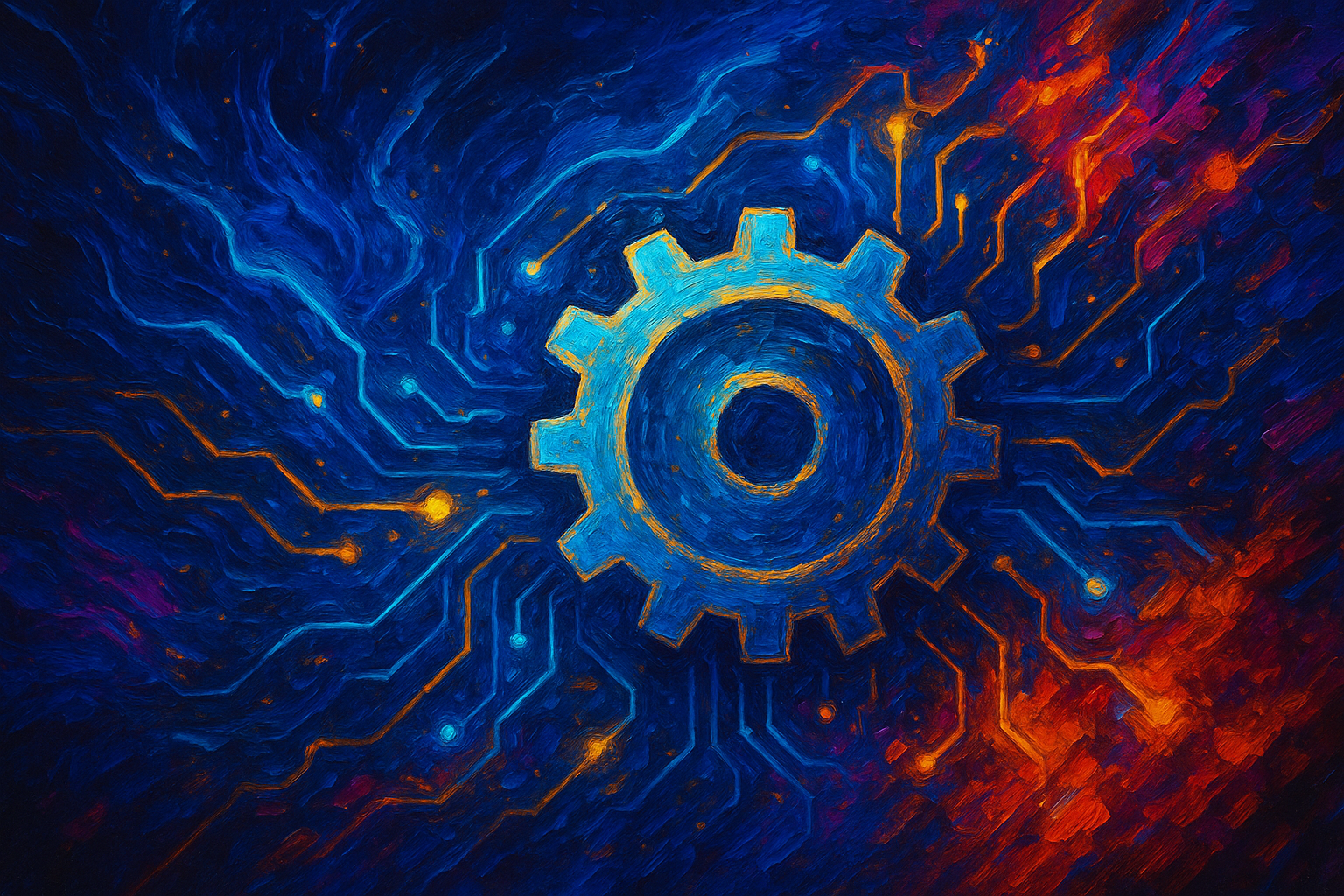


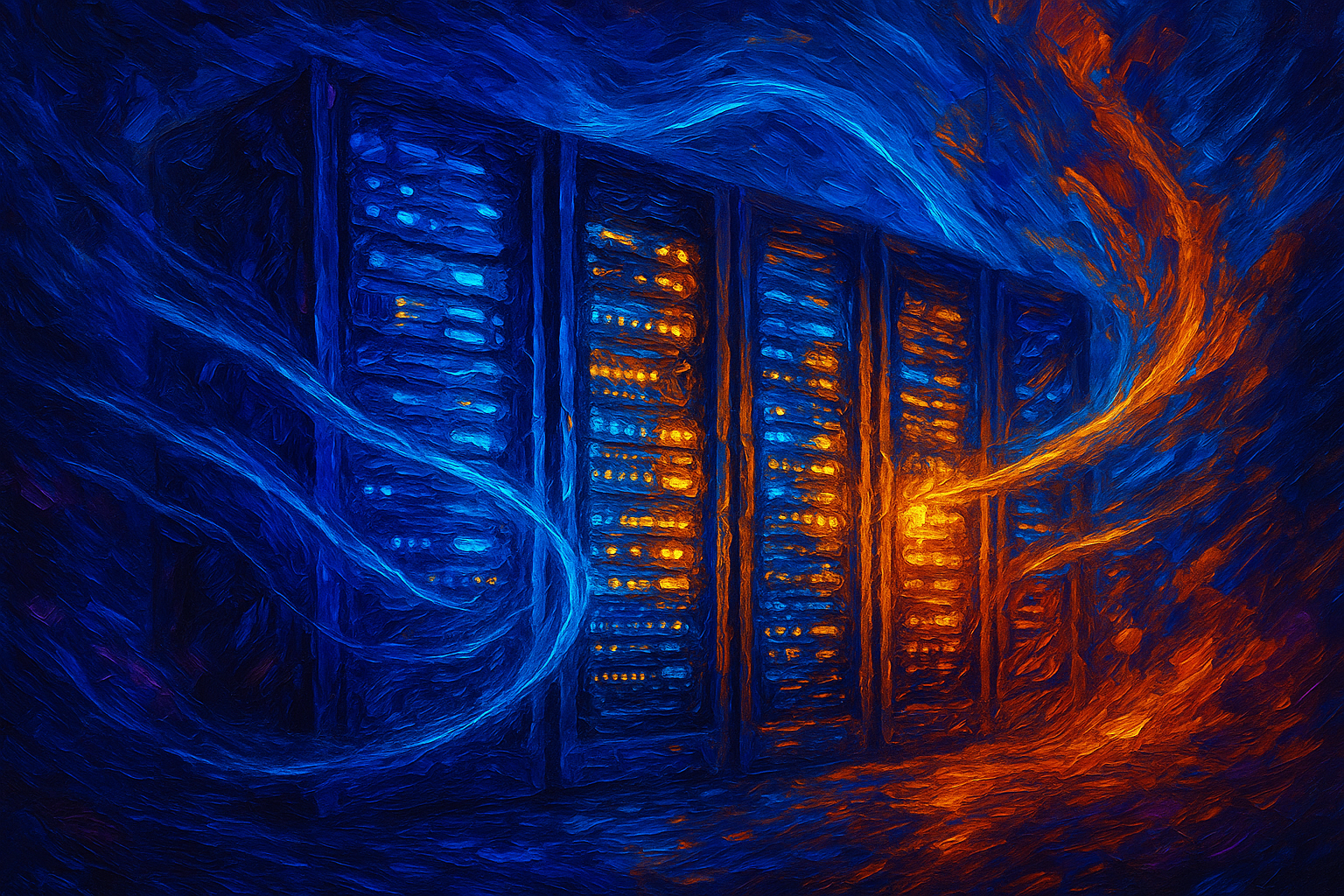
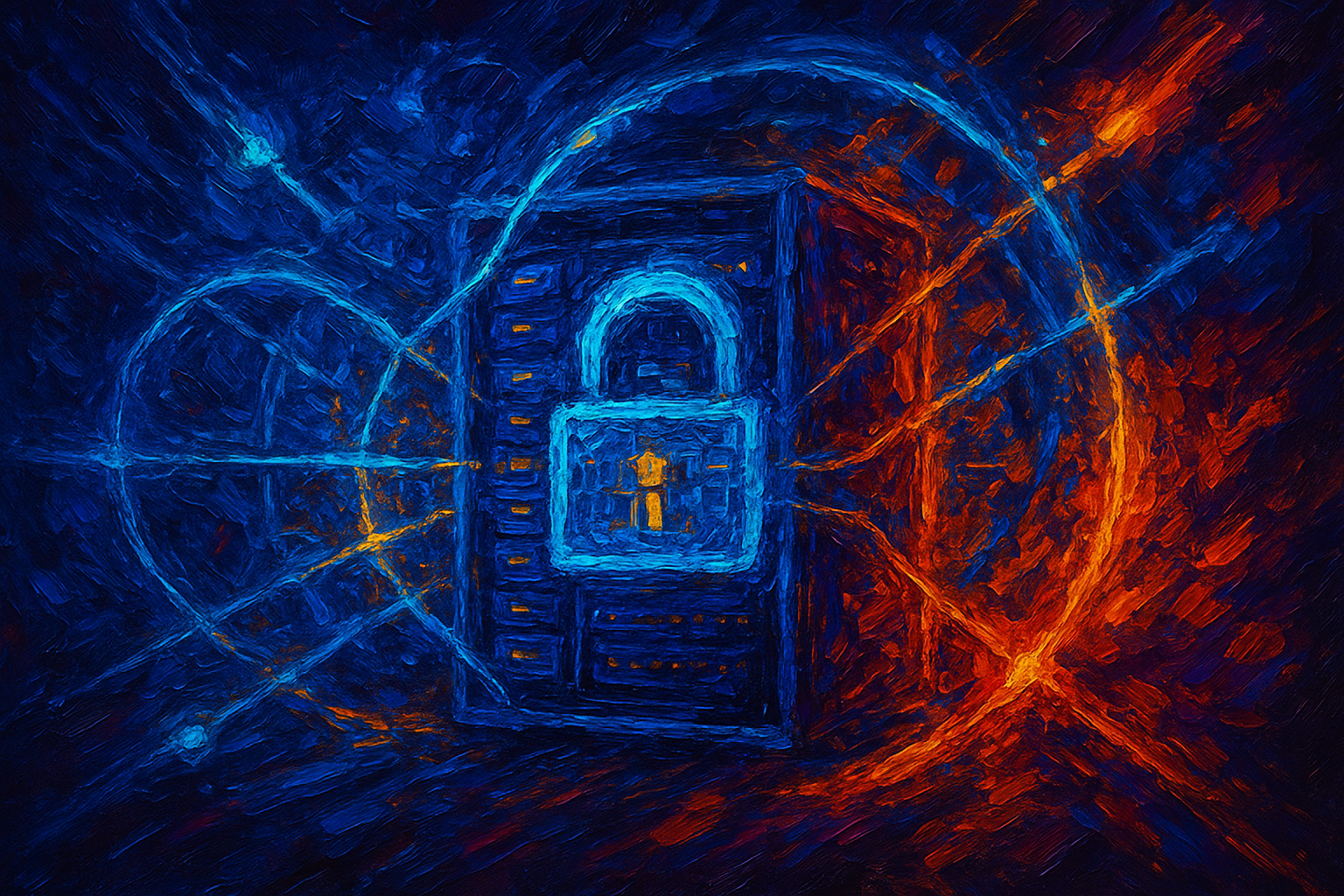

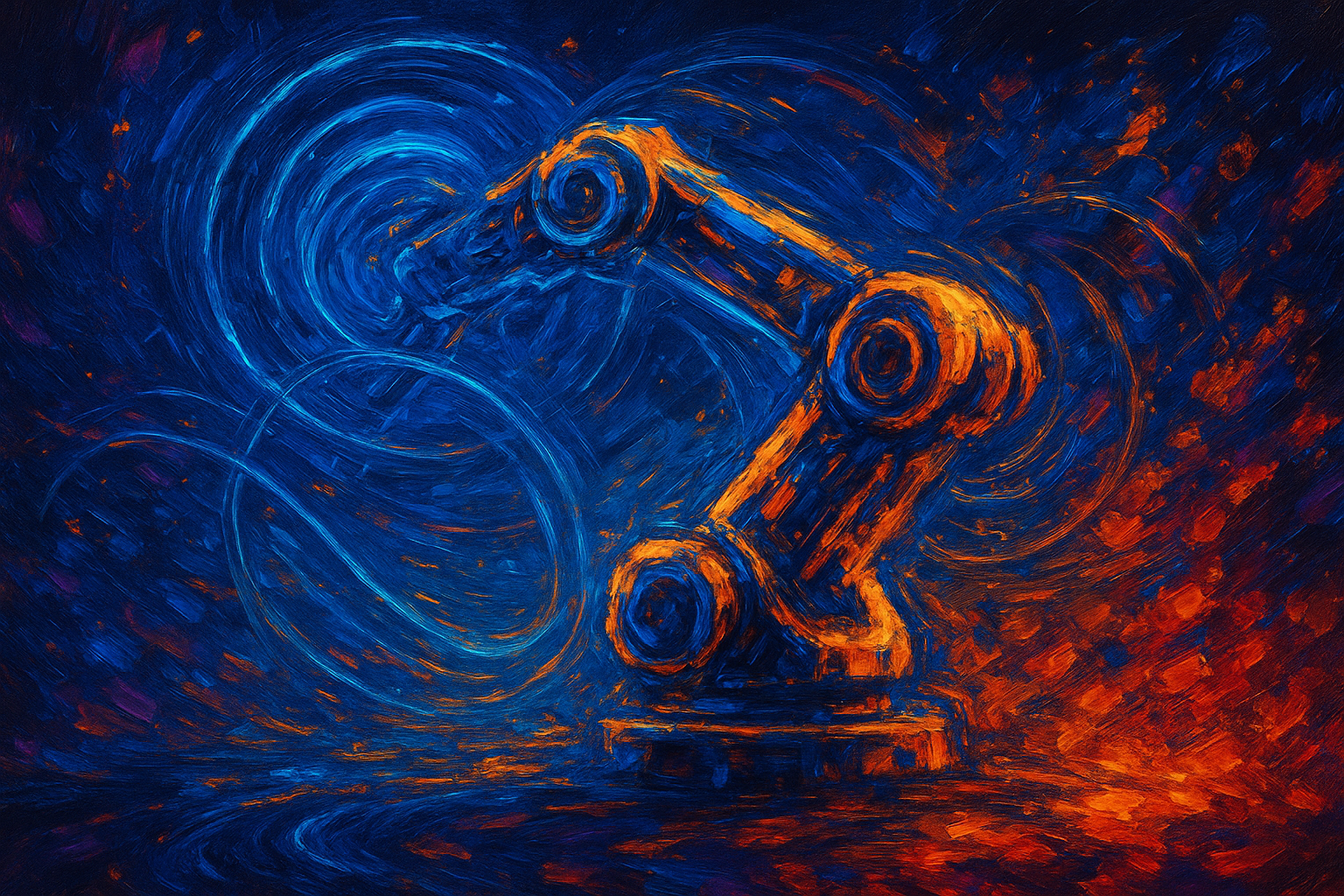


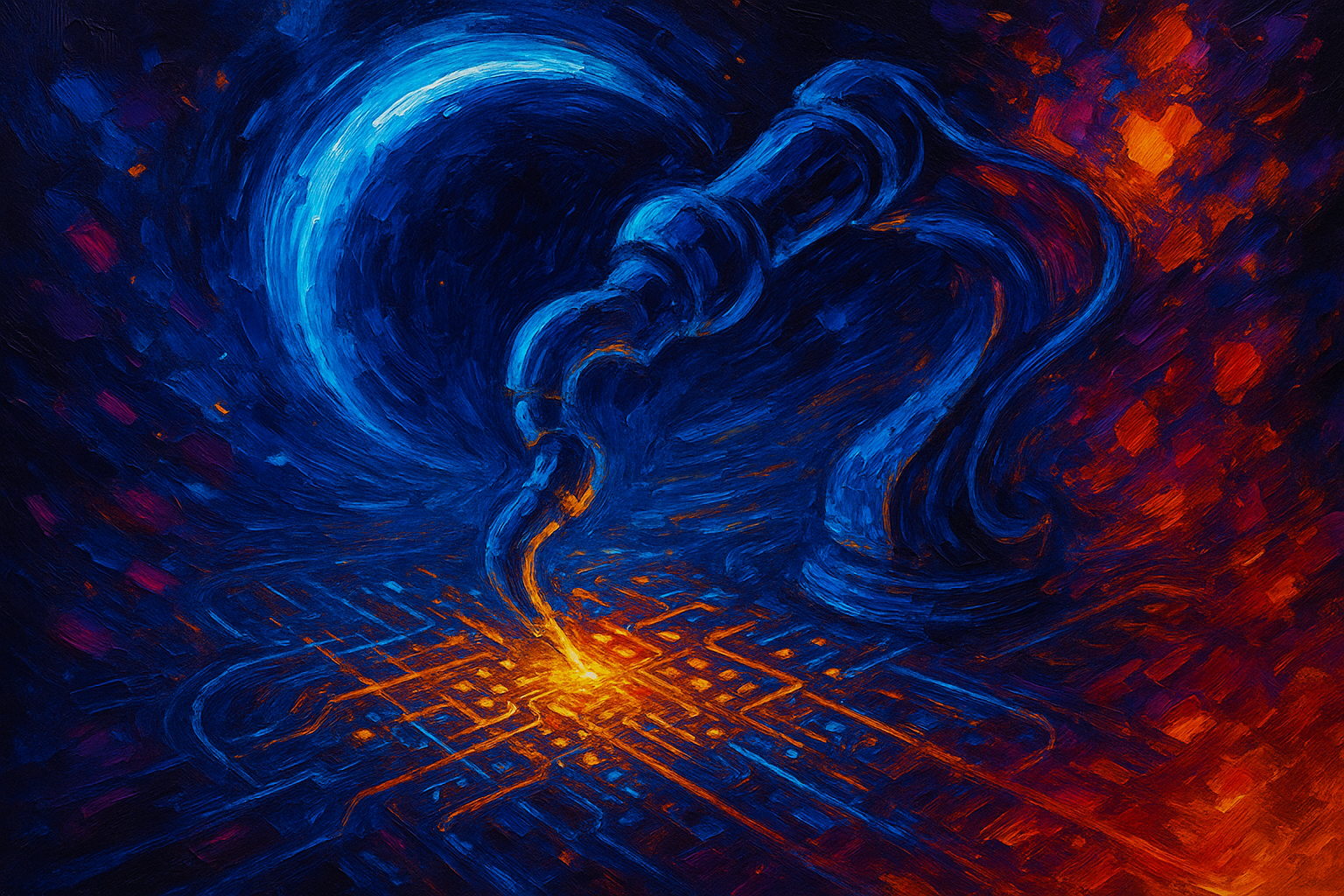

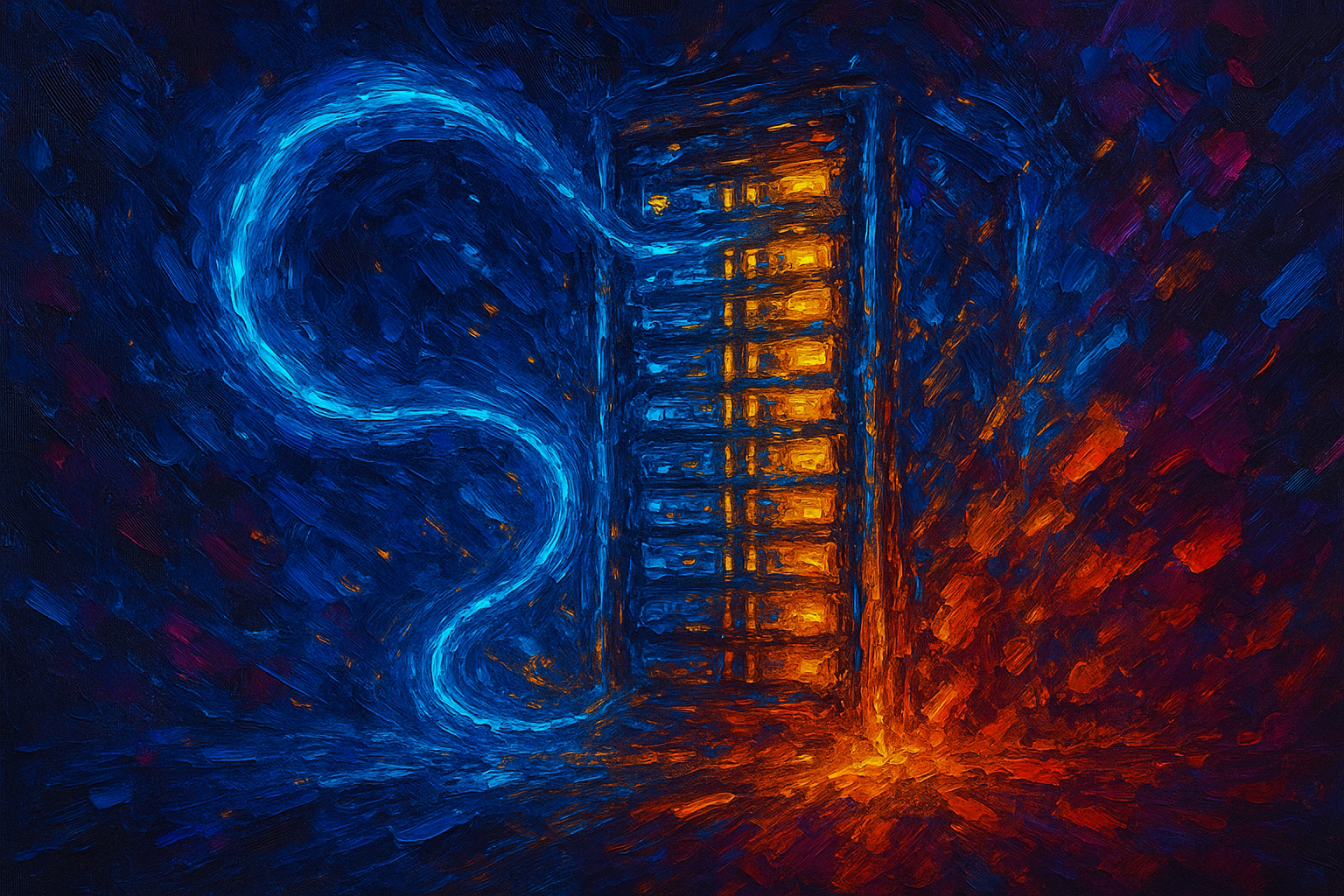

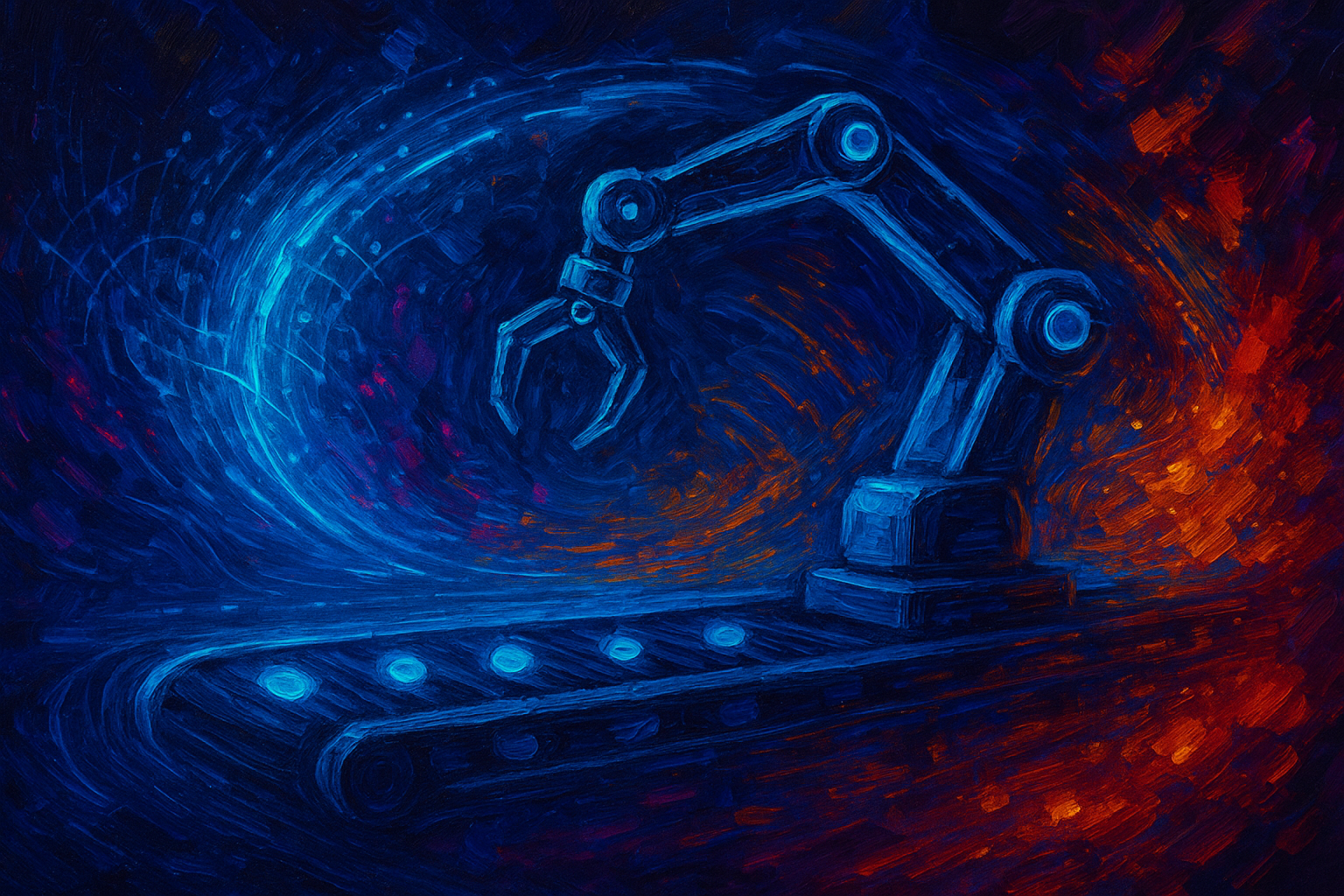

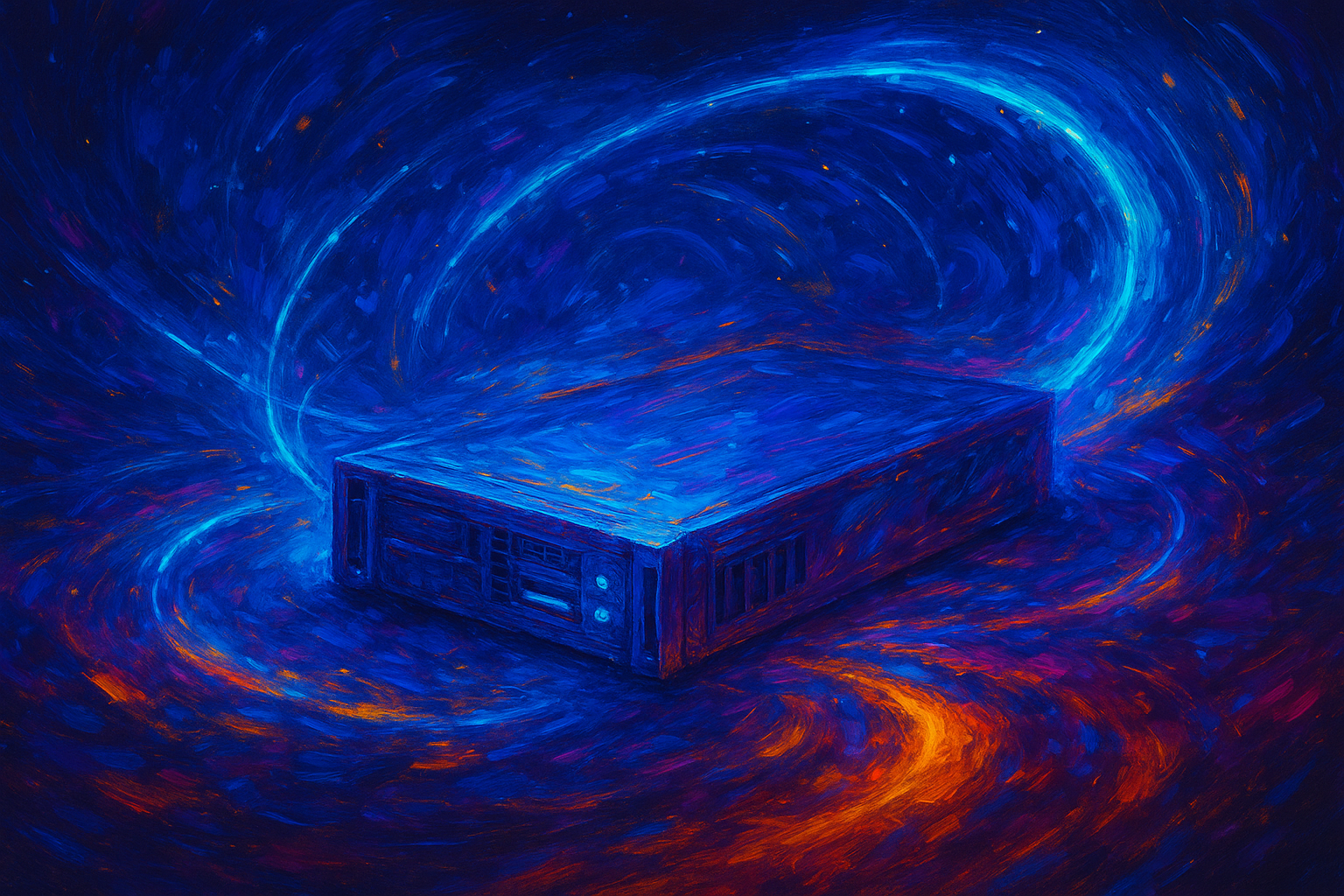
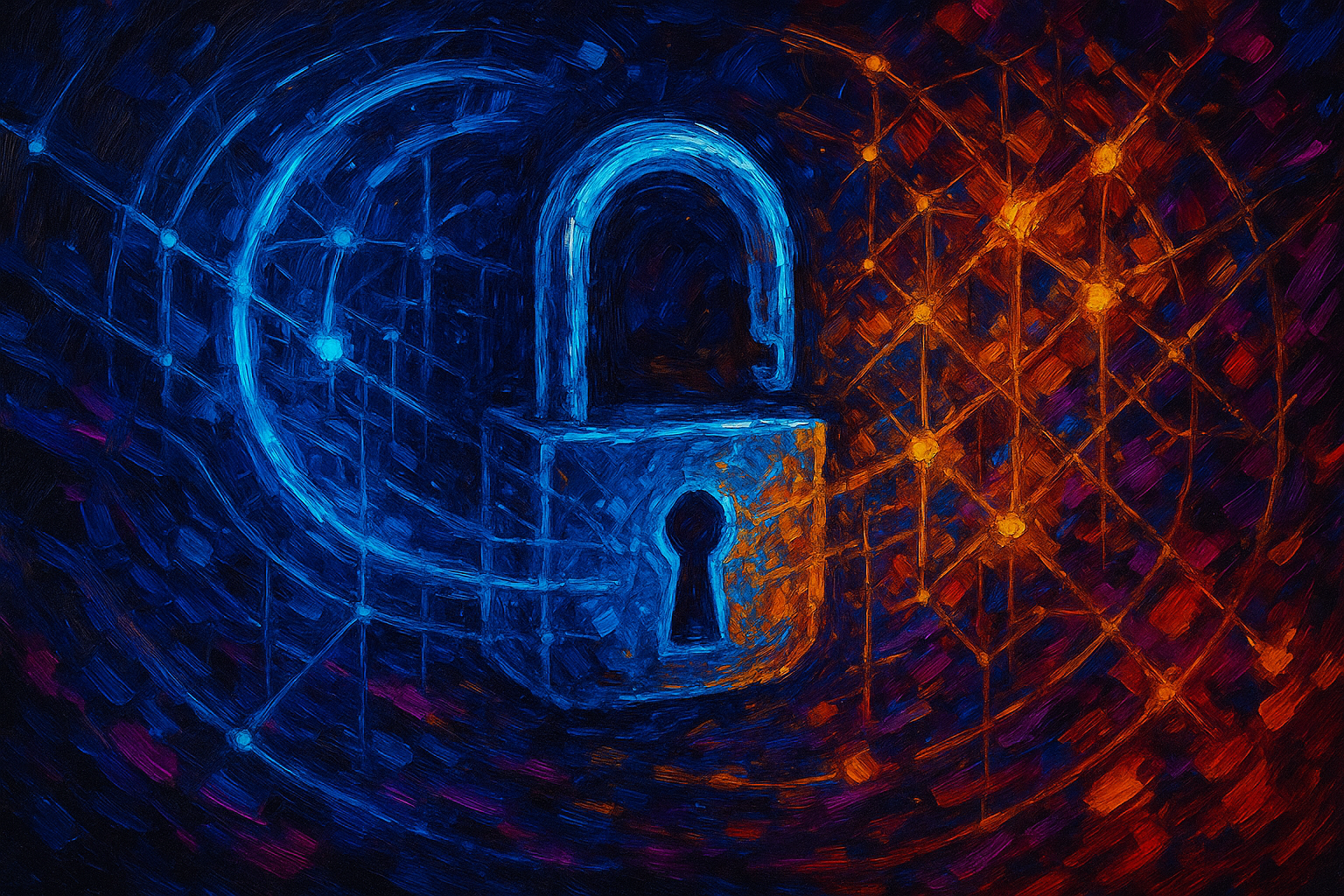


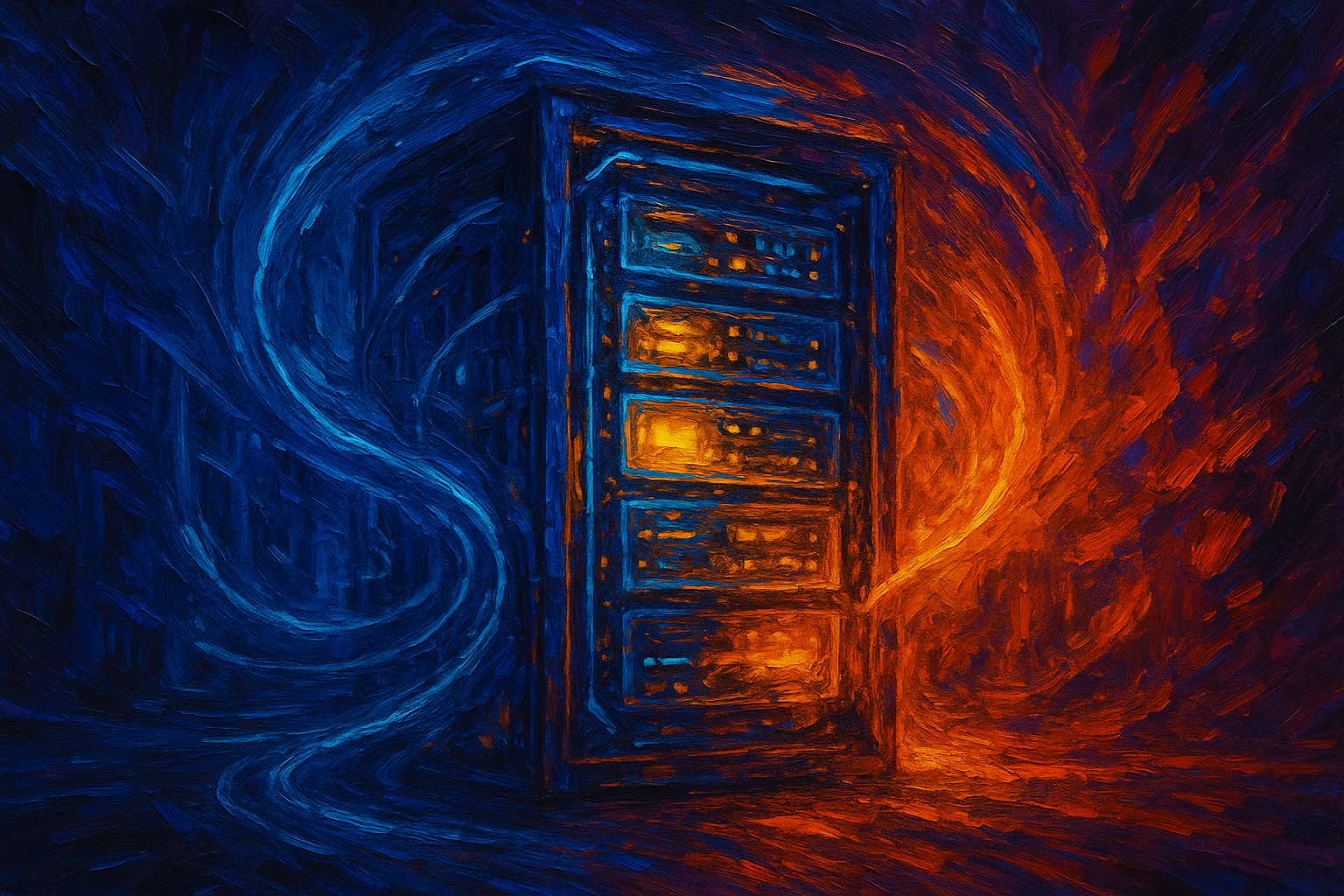

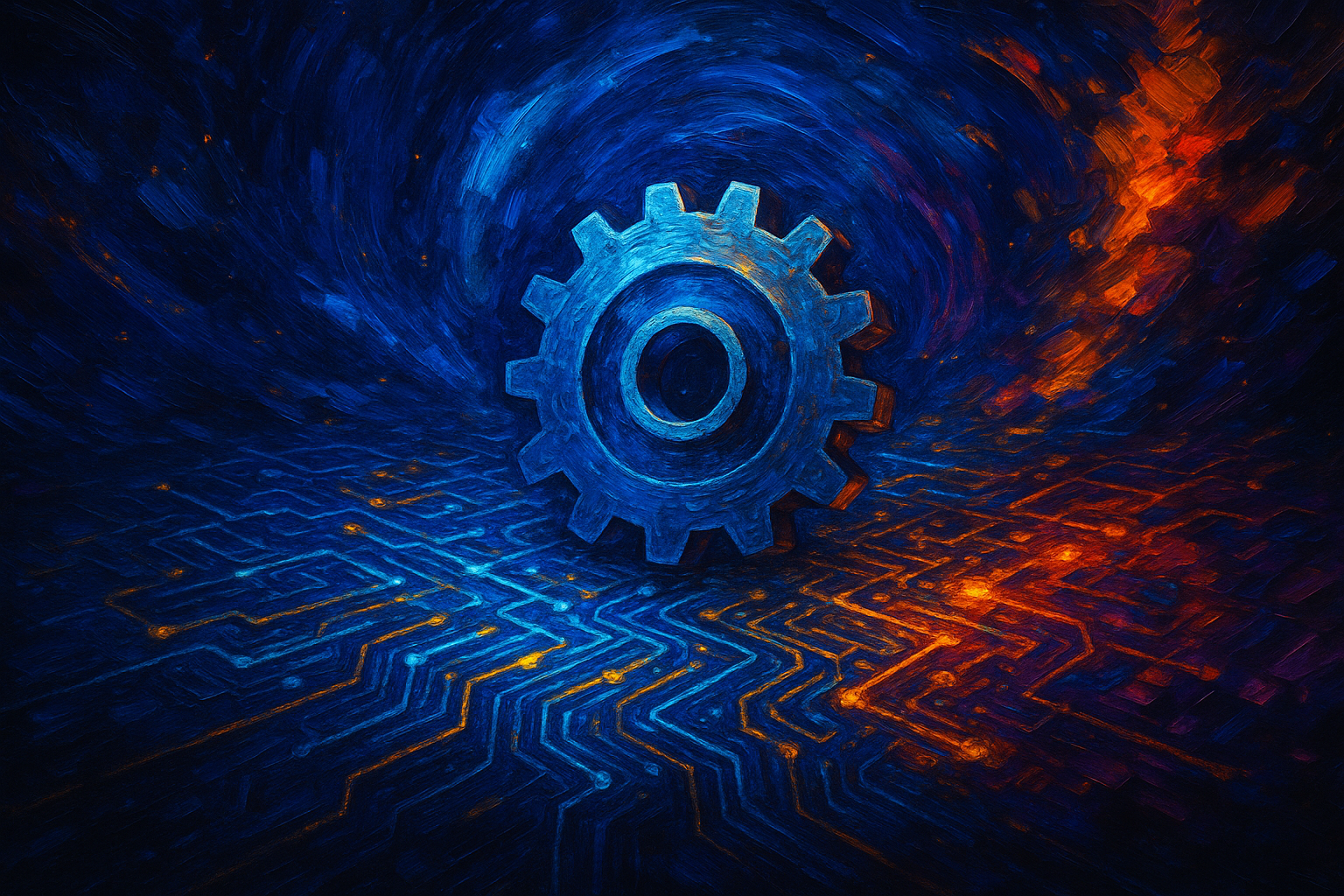
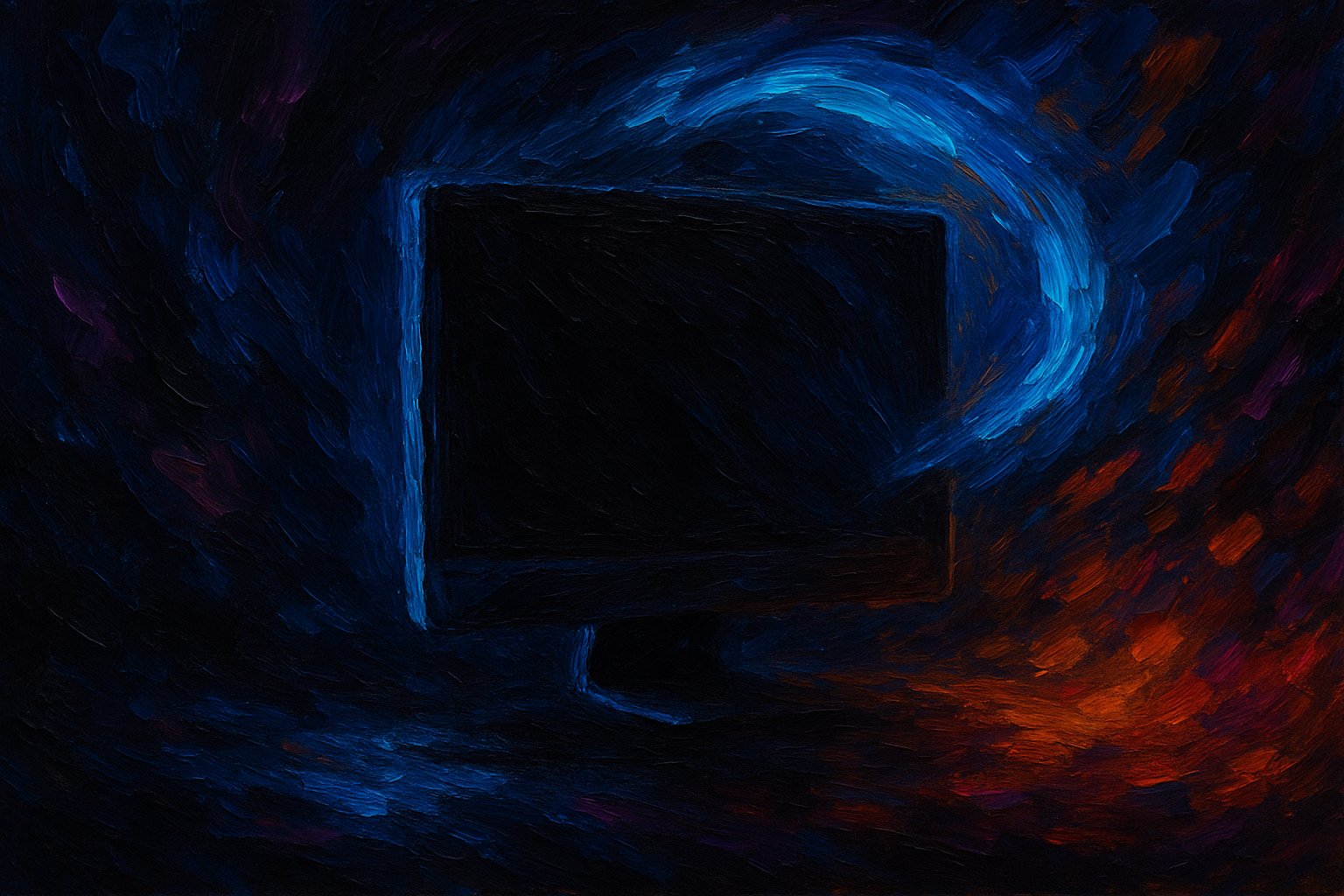

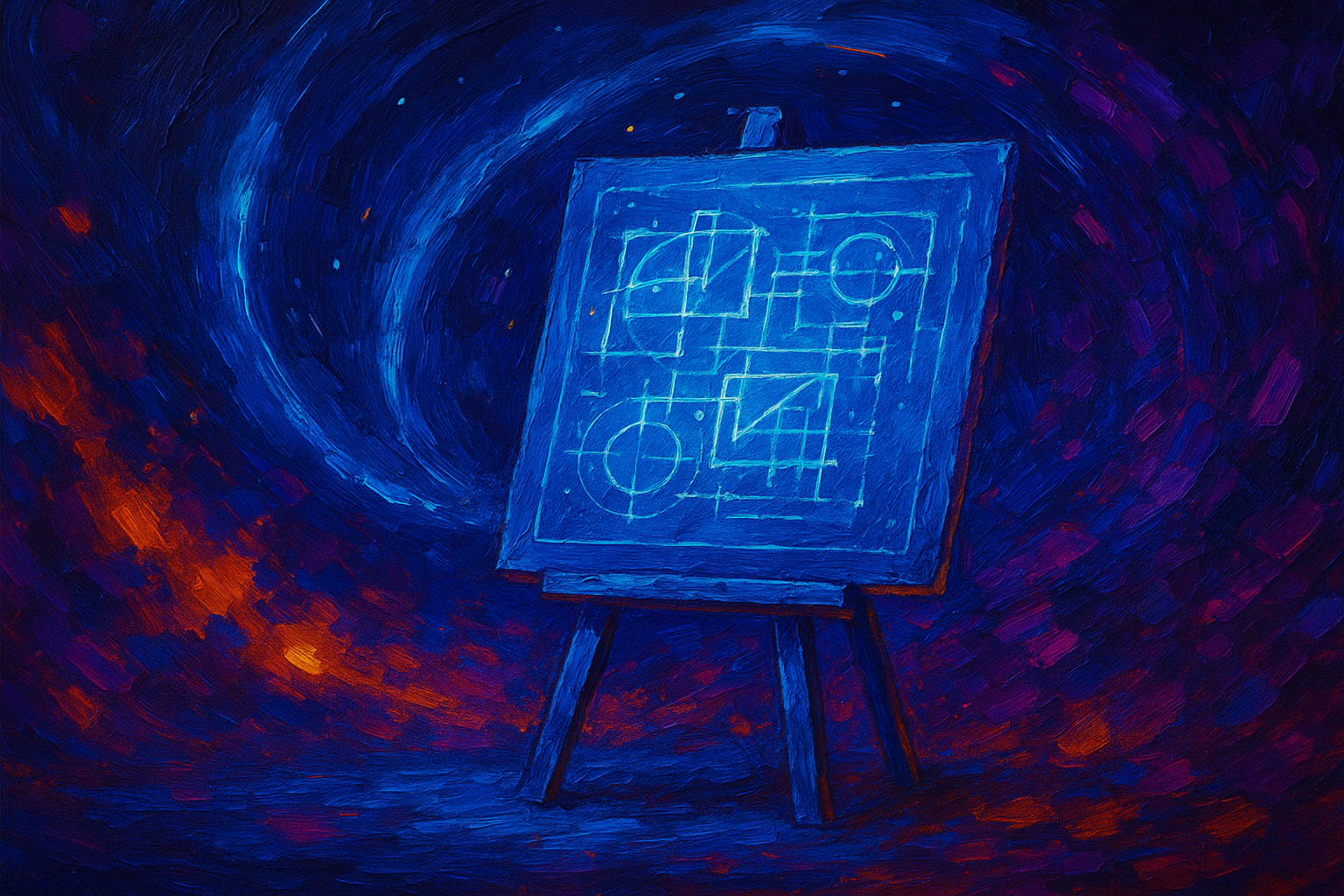
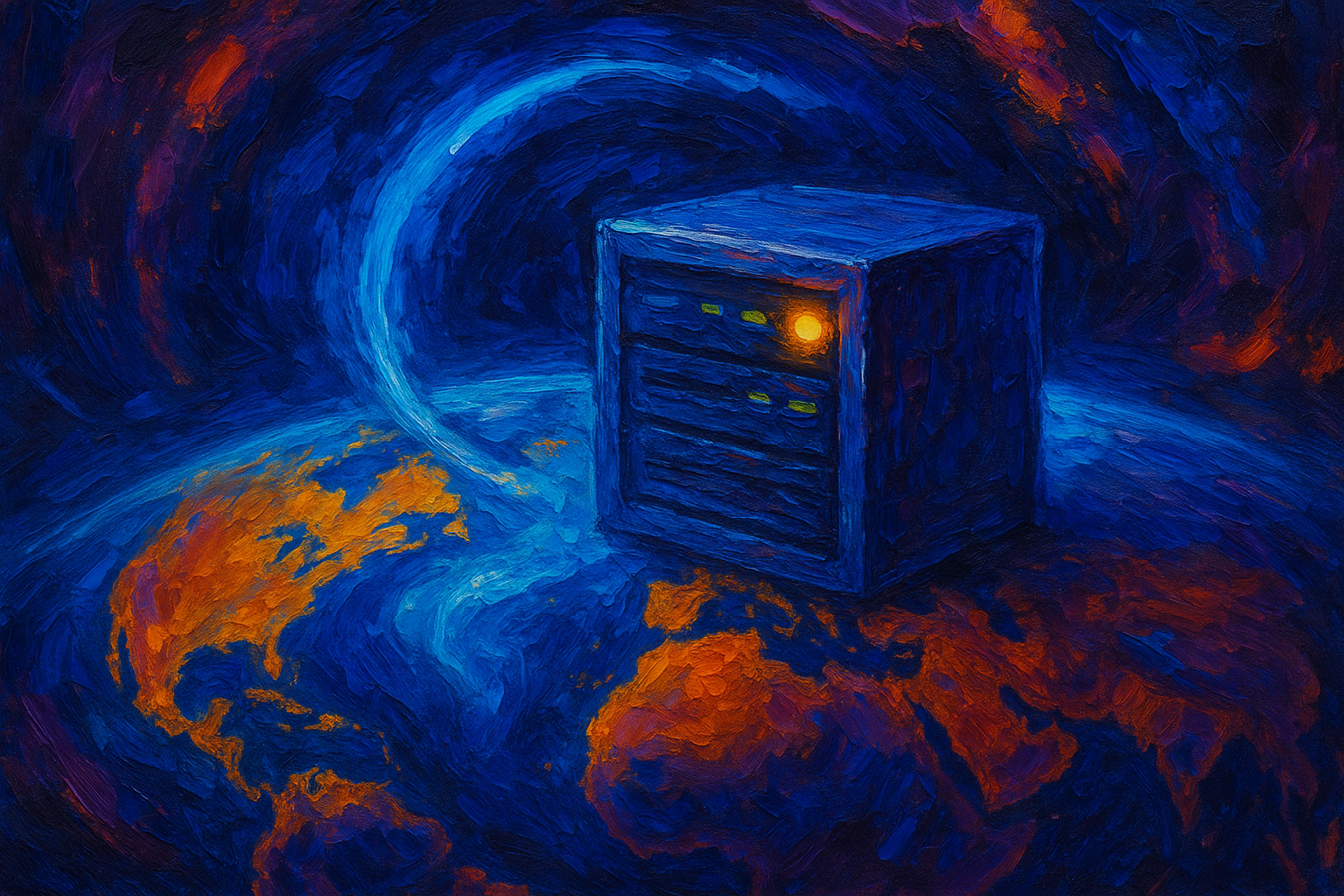
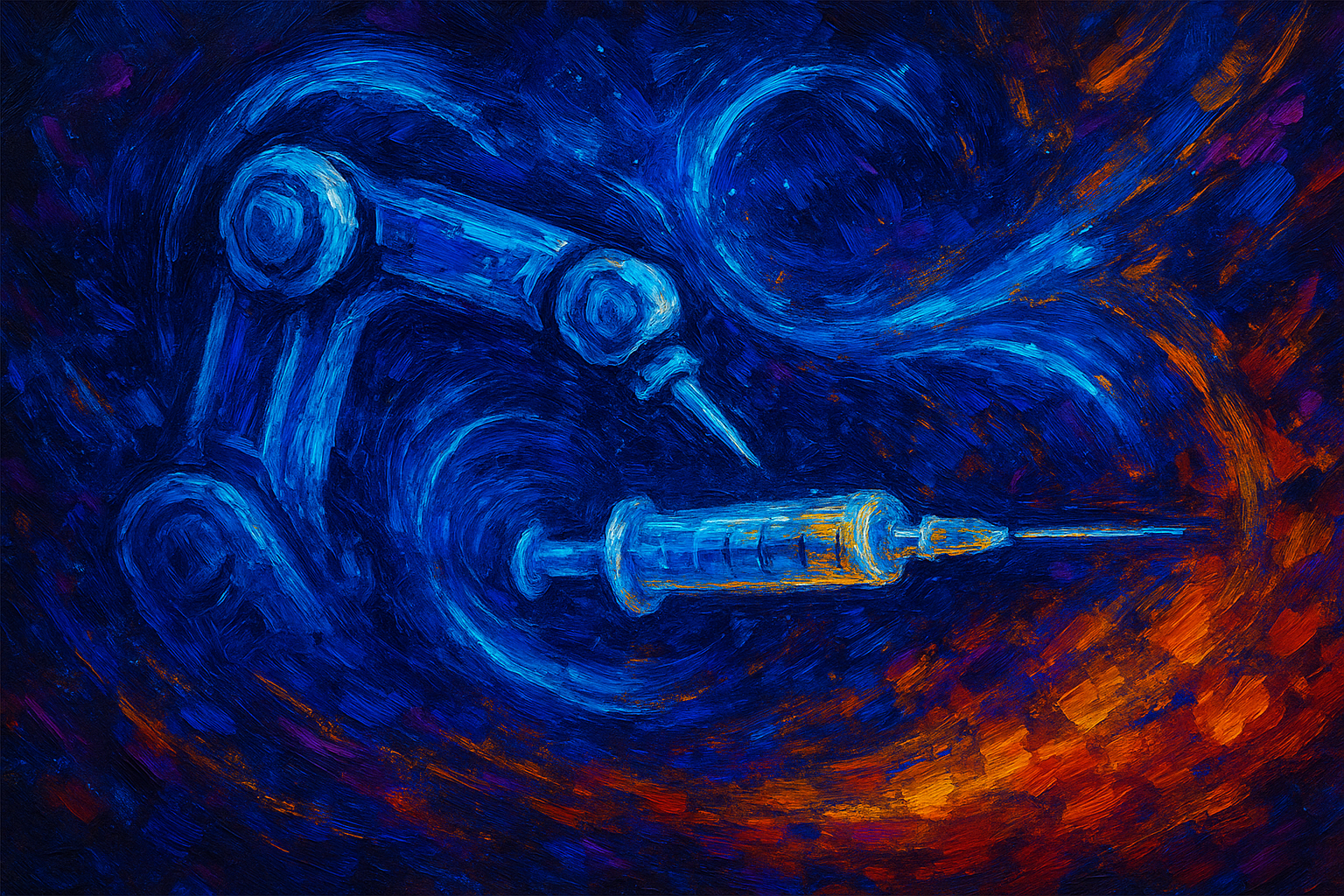



.png)



